Something’s Gotta Give – Best movie house ever?While recently watching a new indie movie on cable – I was surprised to recognize the house it was filmed in. I love great movie houses – the houses in Nancy Meyers movies – Something’s Gotta Give, The Holiday, The Parent Trap and It’s Complicated are without a doubt the prettiest movie houses ever. It would be impossible to pick a favorite from her movies. One of the first movie houses that impressed me as a child was in the Disney movie, Pollyanna - I loved the old rambling Victorian house she lived in. Next, the large faux colonial in Goodbye Columbus was a dream. I blogged about that house and the one in The Big Chill. Finally, besides the Nancy Meyers movie houses, the French apartment in the hardly-seen indie movie, Bel Ami, was a huge favorite which I blogged about HERE.Bel Ami – a rarely seen movie whose sets captured my heart.The large living room in Bel Ami filled with blue and white wallpaper and French furniture is one of my all time favorite movie sets. I just loved the French apartment that the movie was filmed in.The Bel Ami blog story was like a mystery. It took me days to locate all the settings in the movie and even after the blog story was published, I discovered more set locations and had to add a second story to the blog. Obsessed much?Bel Ami, the movie based on the French book of the same name, centered around the French apartment shown above – which I discovered was actually a grand manor house located in the English countryside, about 10 miles from London. Here, in this picture from the movie staring Robert Pattinson and Uma Thurman – you can see the beautiful living room with the blue and white wallpaper. Through the double doors is the bedroom, which in real life is actually the library in the manor house.Here is how the same room in the manor house looks in real life. You can see the wallpaper is really a peach print – which blends with the marble columns in the room. The Bel Ami production team took out all the furniture and replaced it with the beautiful French antiques.As you can see in this picture, in the real house – the furniture is a mix of English antiques, huge oil paintings, oriental rugs, and tapestries. As pretty as the house is in real life – I much prefer the way it looked when it was staged for Bel Ami.The same room – looking at the other direction. The pink marble columns set the décor for the peachy pink/blue color scheme.In Bel Ami – the same room. There are beautiful matching painted French consoles and a blue and white tuliper along with porcelain pagodas.I became a little obsessed with the house in Bel Ami.Through the large blue and white double doors was the library – but in Bel Ami – the library became the bedroom.And in real life – how the library looks. For the movie – they used the same blue and white wallpaper found in this room and then – hung the same paper in the living room.But the biggest change was Bel Ami producers built a false wall to change the library into a bedroom. The wall which the bed is against is fake – there are really bookcases behind it.And here is how it really looks – with all bookcases and without the fake wall. In Bel Ami – a crystal chandelier hung here – not this gilt wood chandelier.The bed was a French cane version with a beautiful sunburst clock. The wallpaper? They used the same wallpaper that was in the room to begin with.Close up of the wallpaper that was in the library – now bedroom.And here – you can see they also replaced the peach wallpaper in the living room with the same blue paper used in the bedroom. This way – the two main rooms flowed together with pretty blue walls. I love that French day bed.And again, the living room as it truly is – with the peach paper and blue painted wainscot.I never ever expected to see this house again. There are hundreds of houses in England available to be used for movies, what is the chance of the same house being used twice?That’s why when I was watching a new movie and saw these creamy double doors with the blue trim again – I lit up with excitement! The French apartment from Bel Ami – was also used in the new movie Hyde Park on Hudson. Huh?OK – so, let’s see. First the house in the English countryside was made into a French apartment for Bel Ami, but now it was supposed to the Franklin Delano Roosevelt house in Hyde Park, New York? Seriously?Yes. Seriously. Suddenly I became REALLY into this movie.The movie stars Bill Murray – playing Franklin D. Roosevelt. Murray was fitted with false teeth and fake moles and fake melanomas (not kidding!) to look more like FDR. A replica of FDR’s car was also a star in the movie. The car was equipped with hand pedals so that the handicapped President could drive it around Hyde Park, New York. Here is a side by side comparison of FDR vs Bill Murray.Springwood – FDR’s birthplace and country estate where the Franklin D. Roosevelt Library is also located. The president and his wife Eleanor are also buried on the large estate.Here is what the house in England that was used for both Bel Ami and Hyde Park on Hudson looks like normally. The Production Designer for Hyde Park on Hudson studied Springwood and tried to make this house look more like the Hyde Park estate.First – a balustrade was added around the front porch to make the house look more like Springwood. Then the green shutters were added. Next, came the flags – just like Springwood. Finally, to make the façade prettier – a driveway of gravel was added, along with landscaping close to the house. While the façade is much smaller than Springwood, the changes do make it look more like FDR’s house.But – first, what is the movie Hyde Park on Hudson about?Franklin D. Roosevelt was the only president who was elected to serve four terms. When FDR was a grown man, married with five children (the sixth child died in infancy) he was stricken with polio at his family’s summer lake house, Campobello, in Canada. The press hid his true affliction from the people by always photographing FDR either sitting down or standing up on his braces – there are only a few photographs of him in his wheelchair. FDR could appear to “walk” very short distances by holding onto one of his son’s arm and his cane, and by swinging his hips to move the braces forward – giving the illusion he was walking. Only 4 seconds of film exists showing the “walk” FDR perfected HERE. Most people had no idea that he was actually paralyzed and spent all of his time in a wheelchair. The press was also complicit in furthering the illusion that he and his wife, his cousin Anna Eleanor Roosevelt Roosevelt (niece to president Theodore Roosevelt) had a solid, happy marriage.Yet, nothing was further from the truth.As an only child, Franklin Delano Roosevelt was coddled by his young mother, Sara. Her husband was a widower, and much older – who also had a son from his first marriage. Franklin went to Harvard and later became Assistant Secretary of the Navy and Governor of New York before becoming President – which he was elected to for four terms. After his death, a law was enacted limiting the presidency to two terms only.The young Anna Eleanor Roosevelt – Franklin’s 5th cousin, once removed. FDR’s mother was very much against the marriage and persuaded him to wait a while to set a date – hoping he would change his mind. At their engagement he was 23 and she was just 19.1916 – five sons and one daughter, Anna. Two years later the marriage would be forever broken when Eleanor found love letters sent to her husband from her social secretary, Lucy Mercer.The family including Sara Delano Roosevelt, FDR’s overbearing mother, his wife Eleanor, their five children (4 sons and 1 daughter, Anna) and a few grandchildren – on the grounds of Springwood, Hyde Park, New York.The Roosevelt home on Campobello Island, New Brunswick, Canada – in 1921 he contracted polio here.After their last child was born – Eleanor discovered a cache of love letters written to FDR by her social social, Lucy Mercer. In order to avoid a political career-killing divorce, FDR agreed to stop the affair and never share Eleanor’s bedroom again. Instead, the President surrounded himself with women who were secretaries, cousins, and friends – many who were rumored to be lovers, but most were just companions for the lonely man.One such distant cousin who became a constant companion was Margaret “Daisy” Suckley who grew up a few miles away from Springwood – FDR’s birthplace and country home. In 1933, Sara, FDR’s domineering mother, had called Daisy from out of the blue to come over and keep him company. That one visit lasted until FDR died in 1945. Daisy, a life long spinster, became his companion although her official position was that she worked worked for the FDR library. In truth though, her main job was to be his friend. Their real relationship was a total secret to everyone until after her death at 99 years when a suitcase full of letters from her to FDR and from FDR to Daisy were discovered under her bed. Along with the letters a diary was also found.These letters and diary became the basis of a book which in turn became the basis of the movie - Hyde Park on Hudson.Margaret Daisy Suckley with Fala, FDR’s beloved dog. Daisy actually raised this breed of dog and gave Fala to FDR after she had trained him for six months. She was also his voice – she answered all mail that he received at the White House. When FDR died, she took Fala home for a while, but Eleanor came and retrieved him and he lived with her the rest of his life. FDR took this picture of Daisy on the porch of Top Cottage, his private house that he built not far from Springwood.1937, on a cruise on the Hudson River – Daisy sits next to FDR.The movie Hyde Park on Hudson centers around a weekend in American history when the Royal Family – King George VI and Queen Elizabeth came to visit. This was the first time any members of the Royal Family had visited the United States and Canada. At one point in their visit – they came to Hyde Park for a night’s stay. Daisy writes about this visit in her diary – and a short book was also written about this visit – “Cocktails and Hot Dogs.”Here the Royals meet the Roosevelts at Union Station on June 8, 1939 – just a few months before the war broke out. The talks between FDR and the King were mostly all about war and strategy. You can see FDR leaning on his cane for support, along with the officer at his side. This way he appeared to be able to stand and walk.In the movie – the meeting scene was recreated at Hyde Park – notice how the Queen’s dress was copied with the fur trim at her arms, the overcoat and the hat with trim. Eleanor’s dress was also closely copied from photographs taken that day.And in real life – the scene when the Royal Couple came to Hyde Park. King George VI and Queen Elizabeth talk with Sara D. Roosevelt, FDR and Eleanor – shown at Springwood. Here you can see how Eleanor’s floral dress was copied for the movie. The dress Sara is shown wearing is also recreated below.And for the movie – the same scene is recreated. The actress who plays Eleanor is fabulous, as is the actress who portrays Sara! This scene was actually at the Top Cottage picnic, not Springwood.The movie stars Bill Murray as FDR and Laura Linney as the shy, unattractive spinster Daisy. While the movie hints at a sexual relationship between the two – this is emphatically denied by FDR’s grandson who wrote a scathing review of the movie for Huffington Post HERE. Indeed most historians believe FDR and Daisy may have only shared a kiss, early in their relationship. The movie implies something much more happened (a rather disgusting scene which is my only negative complaint about the movie.) FDR was a very charismatic man with a great sense of humor. As Daisy writes, Eleanor had no sense of humor and she felt this was the reason they didn’t spend much time together. But Daisy is clear that the two loved each other and had a strong sense of duty to each other.At one point in her diary – Daisy says that FDR confessed to her that she is only person he is truly comfortable around – she is the only person with whom he can be himself. The beginning of the diary shows a more flirtatious relationship than towards the end. At one point, Top Cottage was referred to as “Our Hill” by Daisy and she believed she would live there, she even submitted floor plans to him. At some point, this talk ends and she refers to it as “your cottage.”FDR’s son Elliot wrote that a year before his death, FDR confessed that he hoped when he retired that he and “mother” would rekindle their marriage, travel together, and would get to know each other again. This never happened. He died at age 63 of a cerebral hemorrhage at his cottage in Warm Springs, Georgia. There that day was Daisy and Lucy Mercer – the woman who had almost ended his marriage. FDR’s daughter Anna was responsible for arranging the meetings between Lucy and FDR in the later years and Eleanor was devastated when she learned of Anna’s betrayal.Daisy, in FDR’s White House office, playing with FalaActress Laura Linney plays Daisy, the homely spinster who captured the heart of FDR. The costumer designer used photographs to recreate Daisy’s sense of style.Despite all the women, the companions, and the rumored lovers, when duty called – Eleanor was there for FDR. And duty certainly called during the Royal visit. After spending time in Canada, Washington DC and New York, the King and Queen were due to arrive at Springwood. Sara Roosevelt was a snob in awe of the royals. Years before, her husband had even bought her a sleigh which the Tsar had gifted Empress Eugenie, whose husband was Napoleon III. The royal visit threw Sara into a tailspin. She arranged for a set of Limoges dishes to be used for the dinner and even had a new toilet seat bought for their bathroom. After the visit, she returned the used seat and demanded a refund. The hardware store owner was so incensed, he displayed the toilet seat in the store window with a sign informing the public who had sat on it. Horrified, Sara arranged for the seat to be returned to the house. But most horrific was the menu that Eleanor had arranged for a picnic to be served to the royals at Top Cottage.Top Cottage – the stone cottage designed by FDR.And Top Cottage – as seen in the movie. This set was built in the English countryside just for the movie, but it’s amazing how similar it looks to the real Top Cottage.Top Cottage was the stone house that FDR had built on his Hyde Park property for when he needed to escape Sara’s nosiness and bossiness. It was designed by FDR himself and is considered to be the first house ever built to be handicap accessible. There were no thresholds inside and all the doorways were wide enough for his wheelchair to pass through easily. The windows were placed lower on the walls so FDR could see outside from his chair. The house was located close to Eleanor’s own private house – Val-Kill – where she lived, close enough to FDR, yet far enough to have her own privacy. Eleanor was in charge of the picnic. And so, in her daily newspaper column, Eleanor announced to the world that the Royals would be served the lowly American hot dog. Sara was livid.A copy of the actual menu for the picnic – from the FDR Library. Since it was summer, the hot dogs were not going to be grilled and served if it was too hot. In the end, the royals insisted the grill be fired up, despite how hot it was.On the night that the young royals arrived, a grand dinner party was held in their honor using the new expensive Limoges plates. The party was a disaster of protocol. First, FDR told his old, tired jokes, which the King found so funny, he was racked with laughter. Elizabeth, didn’t have much a sense of humor and didn’t find anything humorous. FDR then raised his glass in a toast to the Queen (something that is never done) and the Queen was so shocked, she toasted to her own good health. The regular butler at Springwood was missing in protest that the black butler from the White House was coming to serve. He felt it was in bad taste for the Royals to be served by a ‘'negro.” At dinner, a tray filled with the priceless Limoges plates collapsed and the dishes all broke – Sara was horrified and pretended she didn’t hear the racket. Next, a butler tripped with a drinks tray, spilling liquid all over the floor. At this point FDR called out: “#2 – what will crash next?” The answer came during breakfast when plates full of food were dropped. All that was left was the hot dogs.At the actual picnic at Top Cottage – Sara and the King, along with two guests.The Queen at the PicnicAt the picnic, when the time came to serve the hot dogs – the Royals ate them without fork and knives and even asked for seconds. Because the press wasn’t allowed at the lunch, a press conference was held to determine if the royals did in fact eat the hot dogs. The answer made headline news – on both coasts – Yes, the Royals ate the hot dogs! After lunch, there was entertainment by Native Americans which Eleanor had arranged for and FDR tried to cut their performance short. Even Daisy mentioned in her diary that the Indians preformed for too long.The Indian performance at the Top Cottage picnic. This is such a funny scene in the movie.The scene recreated in the movie.In the movie, Daisy shows the King how to put mustard on his hot dog. The King even had two beers with lunch.The two couples leaving the picnic.After lunch, they couples went swimming, although Queen Elizabeth just watched, much to Eleanor’s dismay who loved to swim. Eleanor had even had a swimming pool built at Val-Kill so she could swim whenever she wanted. At one point during the swimming party, FDR was on the lawn and tried to pull himself up away from the edge of the pool while his attendants weren’t watching. He pushed himself up into a drinks tray and sent everything flying, yet again. Queen Elizabeth told Eleanor that she was shocked to discover the FDR couldn’t walk. She assumed he did – albeit with a cane for support. This shows how deep the deception of his handicap truly was.Eleanor’s swimming pool at Val-Kill, her estate across from Springwood. This is where the Royals were taken after the picnic.The King and FDR had long talks alone in the library during the visit and the King felt that FDR was a fatherly figure to him, especially since he was so estranged from his own cold father. They also bonded over how both their mothers were against alcohol. Sara was furious that liquor was going to be served to the royals. In all, the trip was a resounding success for both countries and families. The King’s biographer wrote that this trip was the first time that the King felt both secure and respected. The two families enjoyed a deep friendship after their visit and Eleanor even visited them in Buckingham Palace during the war.Although the movie takes many liberties with the facts, especially about the true nature of Daisy and FDR’s relationship (the truth is not known) – there is much that is exactly how it happened. It is quietly funny and visually beautiful, filmed in the countryside of England which the producers hoped looked like the Hudson Valley.If you like history at all, I highly recommend Hyde Park on Hudson.FDR, his secretary Missy, and Daisy.Eleanor and FDR. Eleanor’s casual and somewhat messy style was recreated by the costume designers.Here’s a look how they recreated Springwood:The set designers first studied photographs from Springwood as it was.This picture shows how Sara decorated Springwood – all one floral chintz print. This is called the Dresden room. Notice all the picture frames on the piano. Through the portieres is the dining room.The fireplace at Springwood – these pictures are from the 40s, a few years after the Royal visit.Today – this is how the room looks. Notice the beautiful gilt wood molding and cornices. I love the chinoiserie table between the two chairs. Considering this was decorated during the early part of the last century, it is really, really pretty.Another view of Springwood today.And here is the living room – in the manor house in England. How do you turn this into Springwood?The same living room – turned into a French apartment for Bel Ami.And here is the living room – recreated as Springwood. First, most of all the furniture was removed. Unlike Bel Ami – the peach wallpaper remained. The two back paintings remained, as did the large mirror over the fireplace – but other paintings were removed. A new soft peach and blue Aubussan rug was brought in (which is so much prettier than the one the owners have!) This rug is very similar to the one that Sara had. French furniture was brought in – along with curtains. Everything was done in one chintz print – just like Sara decorated Springwood. There was a decision made to use Victorian lamps and shades – although Springwood doesn’t seem to have these lamps.Looking at the other direction at the real living room – as it is furnished by the owners.And looking the same direction as decorated for the movie. I love the painted French bed on the right. You can see more paintings were kept in the room, as well as some tables. What is surprising is that French day bed was actually used in the Bel Ami bedroom. It must be owned by the house?Here you can see the pretty porcelains hardware on the doors.In this view - you can see that Sara’s piano is copied here, with the scarf and photography frames.Here is an original photograph of FDR’s library in Springwood.And one of the bay windows in the library at Springwood.Today at Springwood, the library looks remarkably the same as it did back during FDR’s time.A close up view. His wheelchair is parked near the sofa.Atop the bookcase, you can see a bird in a glass box. The set designer tried to copy all the artifacts and accessories that FDR had in his library and office.Also at Springwood, FDR’s actual office. The library and office were combined for the movie.In the manor house in England, how the library normally looks.And here, with the back wall of all bookcases. In Bel Ami – this wall of books was covered to turn this room in a bedroom.And the real library – the double doors open onto the large living room with the peach wallpaper.And – in Bel Ami, the library with the false wall built to cover the books. See that French bench – it somehow turns up in the living room in Hyde Park on Hudson!In Hyde Park on Hudson, the library – filled with nautical art work that FDR had in his own library. Here, they wait before the big dinner with the royals. Sara was furious that FDR served liquor to the King.A new rug was placed down for the movie, as were new toile curtains and a matching sofa. The drink table is beautiful.
The furniture was all covered in the same toile as the curtains. FDR was an avid stamp collector – and albums of his stamps can be seen on this shelf.
I love the globe here.Here FDR gives his famous fireside chat. More artifacts from his office.Poor Daisy, left alone during the big dinner party – she wasn’t invited, although she was invited to the picnic which she talks about in her diary.FDR with his stamps. The letters he had received from Daisy were hidden in the bottom of a case where he kept his stamps. They were discovered after his death. His daughter Anna took the letters to Daisy and asked her if she wanted them. Daisy tried to act nonchalant about them, as if they weren’t important to her, but they were and she kept them hidden under her bed until her death. When the family tried to sell FDR’s stamp collection, they were surprised to learn that although he had a huge amount of stamps, there were no actual valuable ones. Instead, it was just a hobby to him, not an important collection.Past the curtains in the Dresden Room at Springwood is the dining room.And looking through the portieres to the Dresden Room. This is where the famous dinner party was held for the Royals.Here is how the room looks today with green walls. Hard to imagine they hosted the royals in such a small room! You can see the china cabinet on the left is too large for the wall – but it was like that over 80 years ago in the top picture and had never been moved.In Bel Ami – I couldn’t find a match for where their dining room scenes were filmed. Their dining scenes were probably filmed in some small room in the manor house.Here is the actual dining room in the manor house where Hyde Park and Bel Ami were filmed. This room is quite grand, much more so than at FDR’s real house at Springwood.The focal points of the room is the large tapestry, high ceilings, and fireplace.In the movie – not much was changed in this room. The biggest switch was the red curtains were swapped out for green ones.The dining room table, chairs, and console table, along with art work – all stayed in the dining room. This was one room where the furnishings were kept as the usually are in the house.You can see that ugly Victorian lamps and shades were added to the room. But these lamps were added only for the party – during the day they kept the pretty urns on the console.The kitchen at Springwood is quite wonderful, with its island and built ins and original subway tile by the range.Here you can see Springwood’s wonderful sink and refrigerator where blocks of ice were stored.And for the movie – a new set was built to recreate Springwood’s kitchen. Quite a great copy!Another view from the movie – showing the recreated kitchen. The recreation of Springwood’s kitchen is remarkable.Upstairs at Springwood – is one of the bedrooms where the royals actually stayed.Notice the chair by the bed isn’t slipcovered in this picture – this is how the room looks today. The two guest rooms used for the Royals were located in the older section of the house and were probably the former master bedroom and Sara’s room before they moved to the new bedrooms in the addition.And the second bedroom used for the Royals – seen in the 1940s.And today - I love the chaise. Sara really loves floral chintzes!To recreate the bedrooms at Springwood, two rooms were chosen for the Royals in the manor house. This one with a peach damask wallpaper was used for the Queen’s room.
And here was how the room was redecorated. New wallpaper was hung, along with new curtains. Again – do they leave the new wallpaper or rehang the old paper? The set decorator, Simon Bowles, said that they purposefully chose juvenile paper to hang so as to recreate the feel that perhaps the bedrooms were used by FDR’s children. Also, the beds here in this room were supposed to have been made by Eleanor’s furniture company that she ran with her friends at Val-Kill. Another very funny scene.
This paper is actually a Victorian zoo scene.
The second bedroom, as it actually looks. This room was also completely redone, except for the carpet.
The other bedroom had Dutch wallpaper – showing a woman doing laundry! Here the Queen and King are offended by cartoons that FDR had of the revolutionary war. Actually, he did have a collection of these antique cartoons but they were downstairs. Sara begged FDR to remove them for the visit, but the King found them amusing.
Here the King used a gorgeous antique traveling bar.
Such a beautiful sofa!
From the movie – one of the cartoons.
At Springwood, a picture of the actual collection of cartoons. The bottom second from the left looks like the same one in the movie.
The front hall of Springwood, 1941. The cartoons are on the walls here, at the left and right.
The designers hoped that the landscape of the English countryside would resemble that of Hyde Park and the Hudson River Valley. Here – you can see there are several Cedars of Lebanon on the property. Remember, this is the tree that caused Prince Charles to buy Highgrove, only to have his magnificent tree die a few years later. Actually – this Cedar on the right looks like it is dying too.
Daisy and FDR getting cozy in the car. Yuck!
The cinematography is gorgeous. The countryside of England was supposed to resemble Hyde Park, but it really doesn’t.
For instance, this is view from Top Cottage of the Hudson River Valley. The landscape is so much more green than the English one. What a gorgeous view!!
The beautiful stables at Springwood.
The Presidential Library – I love how the architecture blends in with the main house.
Springwood, Hyde Park, New York
There are several other scenes in the movie – for example, the stables at Springwood are artfully recreated along with a few others. I really enjoyed the movie and was motivated to read both books –Daisy’s diary and the Royal’s visit. And of course – one thing leads to another and another. While I really set out to write a short story about the house where both movies were filmed, I became so interested in the real houses where FDR lived. For instance, Springwood – the Hyde Park estate where he was born and buried. His Presidential library is also on the estate and FDR helped designed it too. He had the aisles in the reference room be built wide enough to handle his wheelchair – but it was all for naught, as he died before he could use it.
In this view of the Springwood estate – the house itself is at the very bottom where the red A is. Next is the stables and extensive greenhouses. At the top is the FDR library. Eleanor’s Val-Kill was located across from this property, as was Top Cottage – which was 3 miles from the estate.
Springwood itself started out quite modest compared to how it is now. At one point the new façade and south wing were added – which made it a much grander house. Here is a view of the original small house where FDR was born.
Here, you can see the back before it was added on to.And here – the new south wing that was added with its stone walls and porticos, shutters, and grand balconies. The large library was at this side of the house, in the new addition. At some point the porch was screened in – but here, it is open to the air. The Dresden Room and dining room were both in the old section of the house. Above the south wing here on the second floor – are Sara’s bedroom on the left, then a tiny bedroom for Eleanor (where the center window is shown) then in the right bay was FDR’s bedroom. The guest rooms where the royals stayed were in the old section of the house.Another view shows the old section of the house and how it was merged to the new south wing.Today – under some construction – but you can see where the Park Service added this horrendous back stairs – the tour ends with the guests going down these stairs!And here – you can see the south wing on the left and the new grand façade.In 1916, Hoppin and Koen were hired by FDR and his mother to expand the house. Because he had five children, the house was just not large enough for him, Eleanor and Sara. Inside a playroom and schoolroom was added, along with a suite of servants rooms. The large library was located in the new south wing and three bedrooms were placed above – for FDR, Eleanor, and Sara. The renovation took a year and Sara paid all the bills.The Hudson is down on the left. The new (1916!) south wing – with the Library and the three master bedrooms above.Here is the floor plan. On the left is the large double library/living roomThe grand entry hall.The hall leading into the new library in the south wing is on the left. The Dresden Room is through the door.The double sized library/living room in the addition on the south side.The two bays that lead to the screened porch.In this view of the library – I thought the lamp shades were new – but actually these are seen in the 1940s pictures.Above the new front door – the roof was raised for the playroom on the top third floor. These windows are seen on the front façade. Remember – at the time there were five children!The third floor with the three windows – where the new playroom was built. At the very left is the large library and on the right is a loggia and where the schoolroom was built.Top CottageFrom the movie – the producers built a new Top Cottage for the picnic scene. It looks so much like the real Top Cottage.FDR’s actual floor plans for Top Cottage, the first house built totally handicap accessible.1938 – FDR shows LaGuardia Top Cottage being built.Top Cottage was hidden in the woods – it was actually past Val-Kill as opposed to on the Springwood Estate.Daisy took this picture of FDR at Top Cottage. This is one of just a very few photographs of FDR in a wheelchair. That he would pose for her this way shows their incredibly close relationship.1941 – another photograph of FDR at Top Cottage taken by Daisy.Another party on the porch at Top Cottage. Daisy sits on the left with her prim smile. One guest was the Princess Martha from Sweden who was rumored to be another lover!!Inside Top Cottage with English Antiques and a slipcovered sofa, hardwood floors and a large area rug. Wonder if Anna helped decorate this too?A view towards the other direction. Love the screen in the corner hiding the door to the kitchen.A view of the stone fireplace.Top Cottage – after FDR’s death, one of his sons moved here and had the porch enclosed.And here it is enclosed – actually it makes perfect sense for it to be enclosed to make the cottage bigger. Remember – on this bluestone porch, FDR discussed war strategy with Churchill, and entertained King George VI. Amazing.And how Top Cottage looks today –restored with copies of the original furniture.Looking the other direction. Furnished nicely – this could be a fabulous house.Val KillAcross from Hyde Park was Val-Kill where Eleanor lived.A side note: Eleanor’s engagement ring. This ring was revolutionary as it was designed by Tiffany and is one of the first ever to have the diamond mounted up high over the band, which allowed light to flow up through the setting. The stone was slightly flawed and was over 3 carats.The Little White House:After he contracted polio, FDR came to Georgia’s warm springs looking for a cure. He built a house here that became known as the Little White House.The Little White House – FDR really didn’t care for contemporary design!And here he is in his car. Just like it was shown in the movie- he loved to drive. He also liked to go boating.The day before he died – Daisy took this photo of FDR at the Little White House. She and Lucy Mercer were both with him – but not Eleanor.The next day – while posing for a portrait that is seen in the house, still unfinished – FDR had a massive stroke and died in this bed.The Little White House today – is open for visits. Everything is exactly as he left it – notice all the nautical artifacts.WildersteinFinally, Margaret Daisy Suckley – she never married and after FDR died, she continued to work for his library. She was shown here a few years before she died at age 99 in 1991. Amazing. She is sitting on the porch of her house Wilderstein, which is located just a few miles from Springwood. The house is open to visitors.Don’t let her appearance fool you. At one point in her diary she says that she and FDR laughed at her playing “my part of prim spinster.” After his death, she wrote “He told me once that there was no one else with whom he could be so completely himself.”Here is how the same porch looks today – on a winter day.At Wilderstein – with its large turret and verandah, on the left. At one point the house was painted in the early 1900s and never was again a few years ago! Daisy was the last member of her large family to die and the house fell into a graceful decline as the once wealthy family slowly lost all their money during the depression. Daisy was the paid companion of her aunt – her small fees were the only income the family had, until her job with the FDR library.The Italianate mansion was built in 1852 and enlarged in 1888 at which time it became a Queen Ann style country home. In all, three generations of the Suckley family lived here. During the renovation, the 5 story tower was built, the third floor attic was added, as was the porte cochere and the large verandah. Inside, the house was designed by Joseph Burr Tiffany – Louis Comfort Tiffany’s cousin. Here the house has the first paint job since 1915! Funds are raised for the restoration of the 35 room house – and slowly it was being redone, room by room.Wilderstein, as seen in Hyde Park on Hudson. In reality, a one story house was built for the movie and the second story was added on digitally – it really doesn’t exist!!!!Daisy sits in her grand living room. I love the white slipcovers. These show what slipcovers really were made for!!Another view – notice the painted ceiling. While today these are antiques because they are over 100 years old – but the furniture was bought new. At the time, they were just reproductions of 18th century French pieces.Close up of the corner of the living room – looking into the sitting room with the tiled fireplace.The damask wallpaper looks good in this picture of the piano in the sitting room.But here – you can see the silk wallcoverings is falling off in the living room. What a sconce!The foyer with its grand staircase.The five story turret – it was one of these suitcases that hid FDRs letters under Daisy’s bed.The verandah – added onto the house.For more information on the house – go here:
And finally, the resting place of FDR and Eleanor. Under the sundial nearby - lies Fala. Behind the gravesite – is the FDR Library – which is the first official Presidential Library.And this is the end of the long story – it was hard to find a place to quit. I have always liked FDR and Eleanor and read a few biographies of them a long time ago. Still, it always amazes me when you are just sitting down to watch a movie and it ends up becoming some huge blog story.Hope you enjoyed it!! Sorry it was so long!!!To order the book about Margaret Daisy Suckley, click below:To order the book about the Royals visit with FDR and Eleanor, click below:
To order the book about Top Cottage, click below:

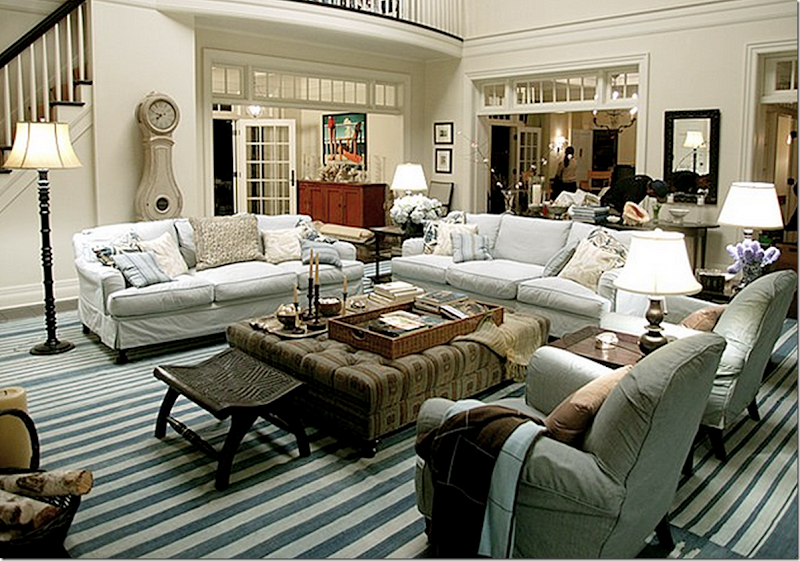
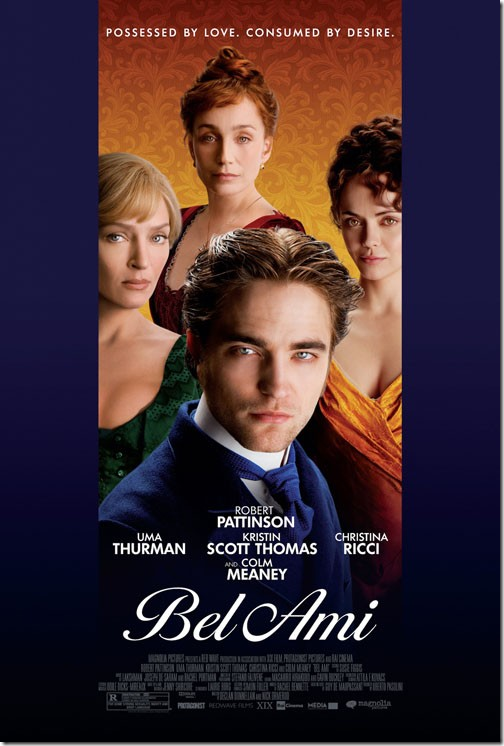


![image_thumb1[1] image_thumb1[1]](https://blogger.googleusercontent.com/img/b/R29vZ2xl/AVvXsEhmimNa44fppHGbKrRGxKeDz4axkR9-NSBkshEIBLMUdc7UkCaHnxxsDB61Sj9ixzdfyRytFCdcHR4PylA36F0szYJtF5Akfz5FpsXgrOMQfnCVu58mzS0rrge3bqyXgtYUJ7zV8vyhncLf/?imgmax=800)

![image_thumb111[1] image_thumb111[1]](http://lh5.ggpht.com/-hK-MFBiD2LQ/Uv3w6yX0mAI/AAAAAAACQso/6VpioX-u3Xk/image_thumb111%25255B1%25255D_thumb.png?imgmax=800)
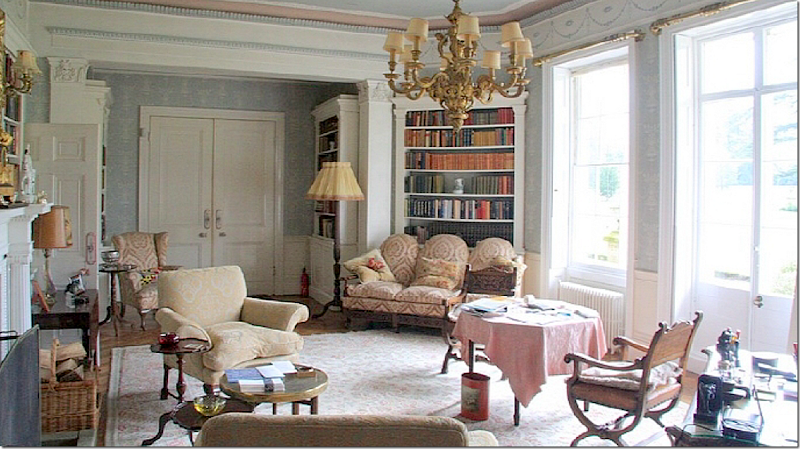
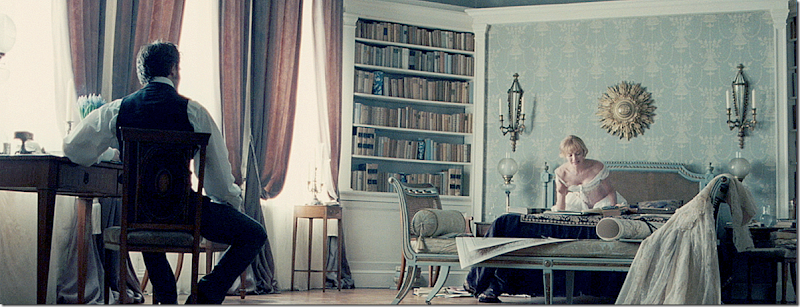



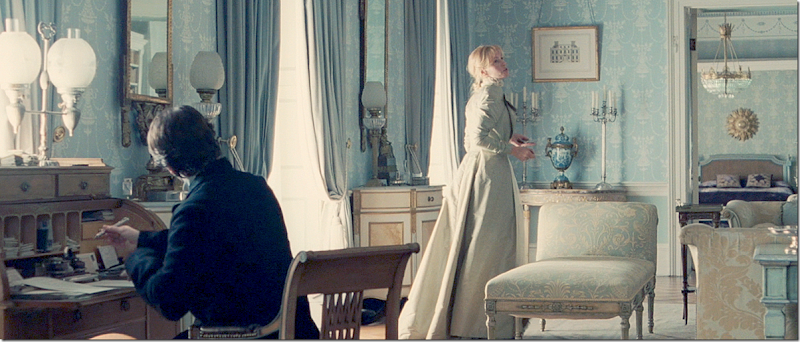
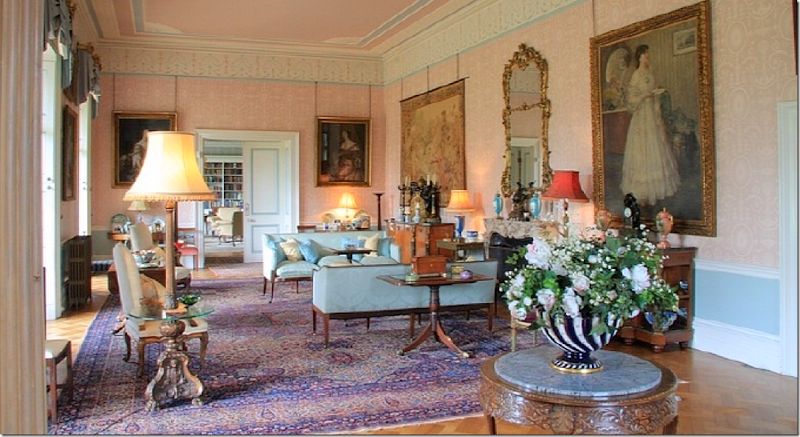



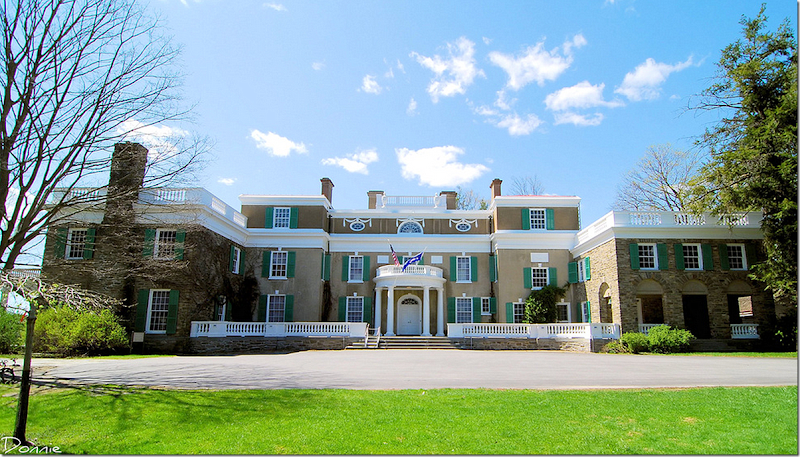


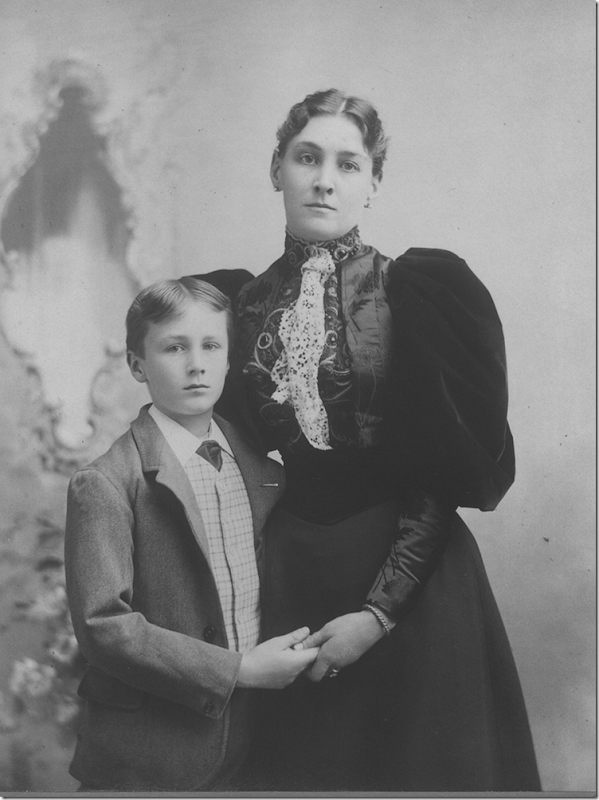
![image_thumb82[1] image_thumb82[1]](http://lh5.ggpht.com/-VLny1IlwNls/Uv3x7r79oCI/AAAAAAACQwY/7ne7gaqulDQ/image_thumb82%25255B1%25255D_thumb.png?imgmax=800)
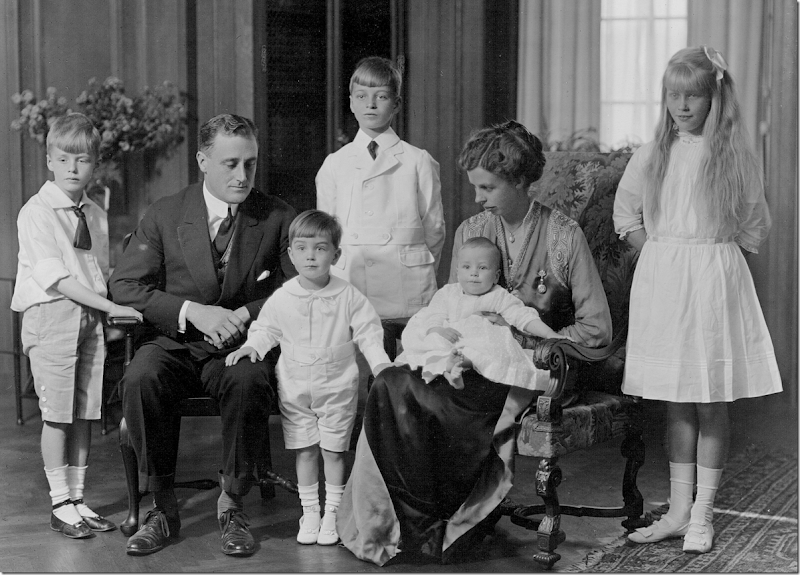
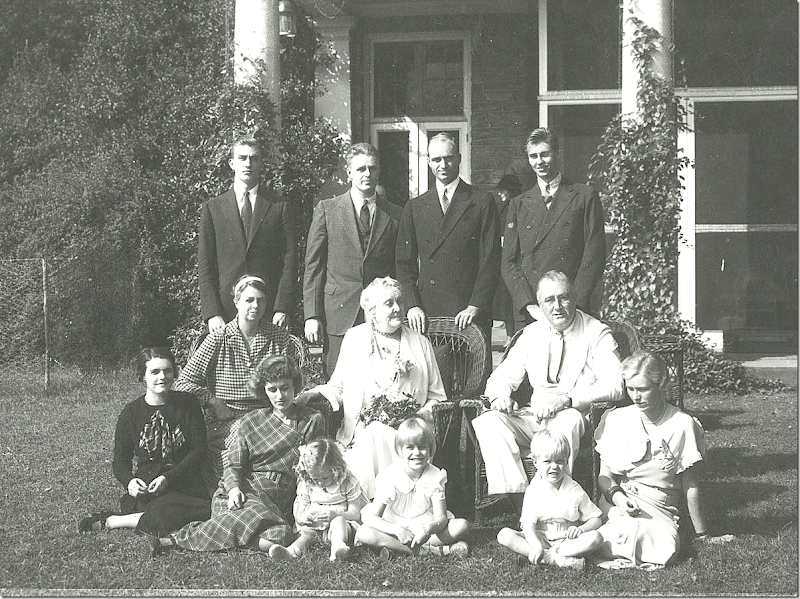
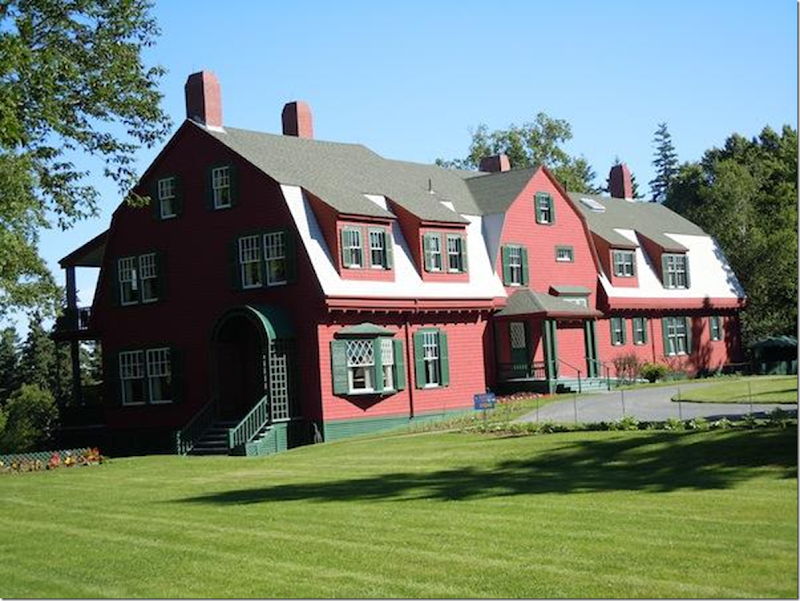

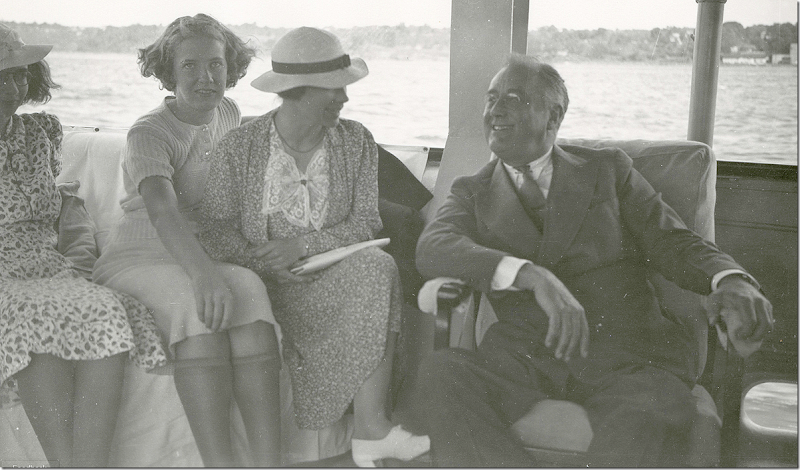


![image_thumb51[1] image_thumb51[1]](http://lh4.ggpht.com/-cE5DJ1MmWwI/Uv3yjFGiJfI/AAAAAAACQyY/UfaQfbsoprU/image_thumb51%25255B1%25255D_thumb.png?imgmax=800)

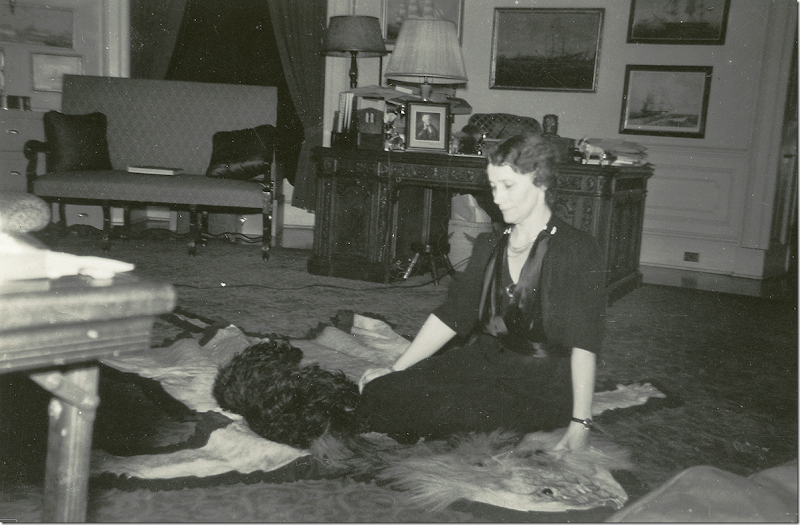


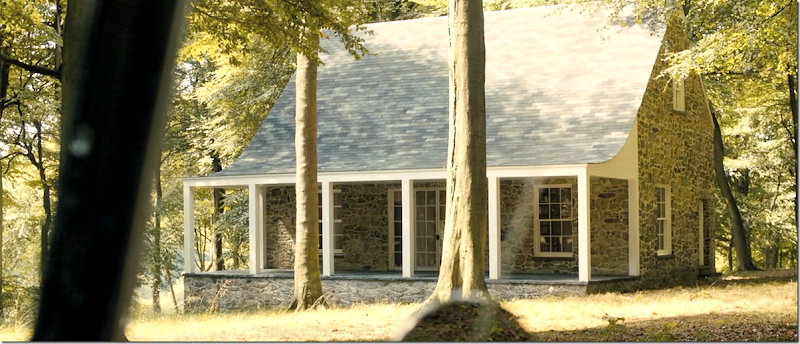



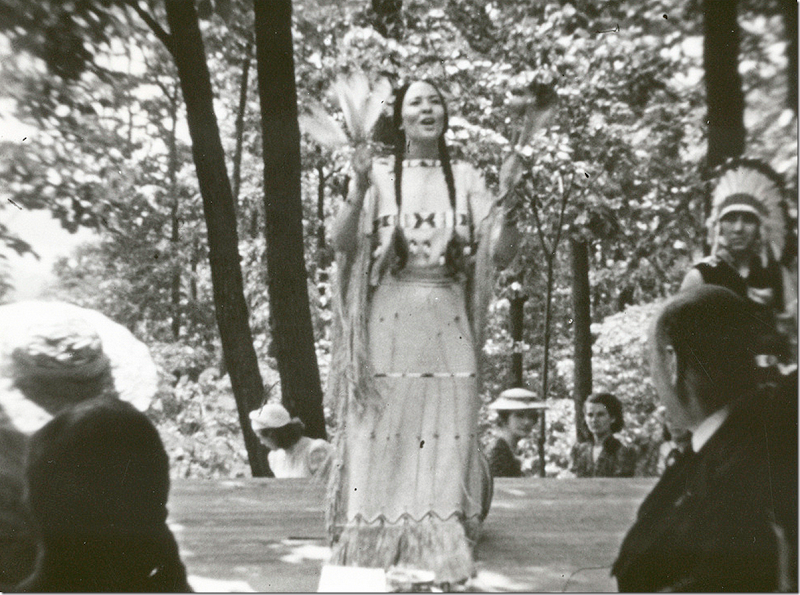
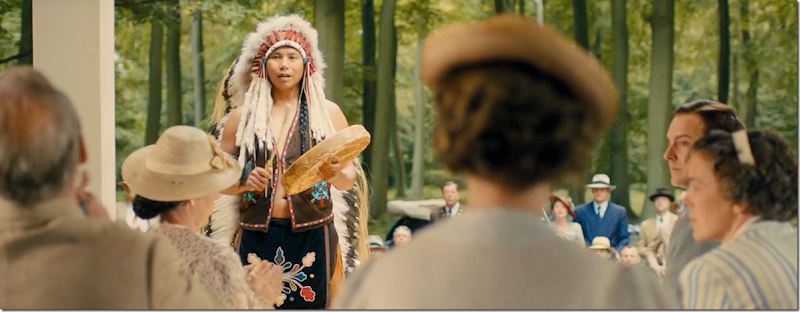

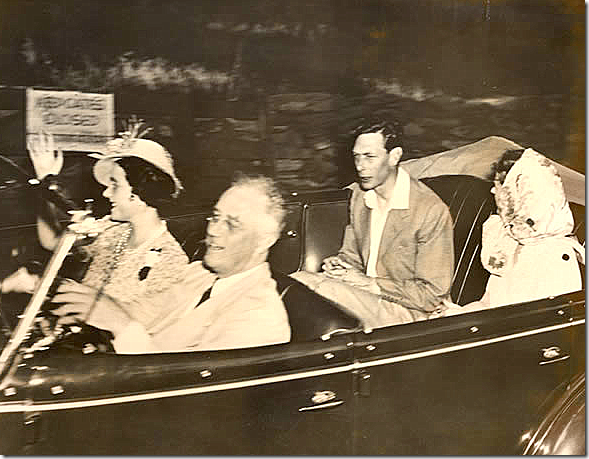
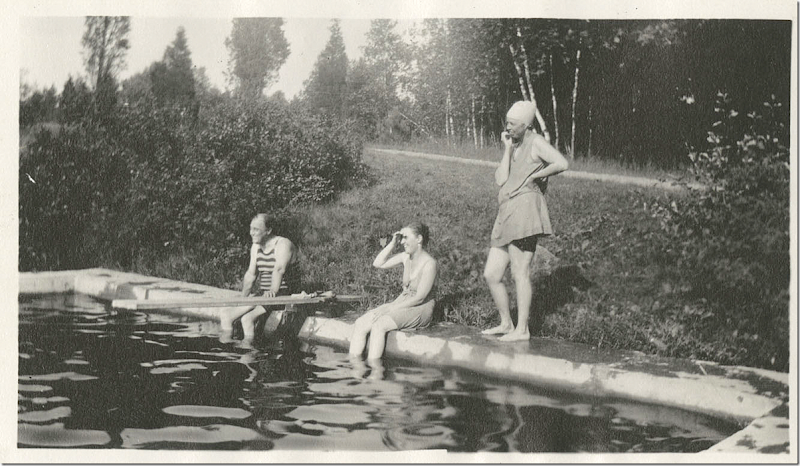
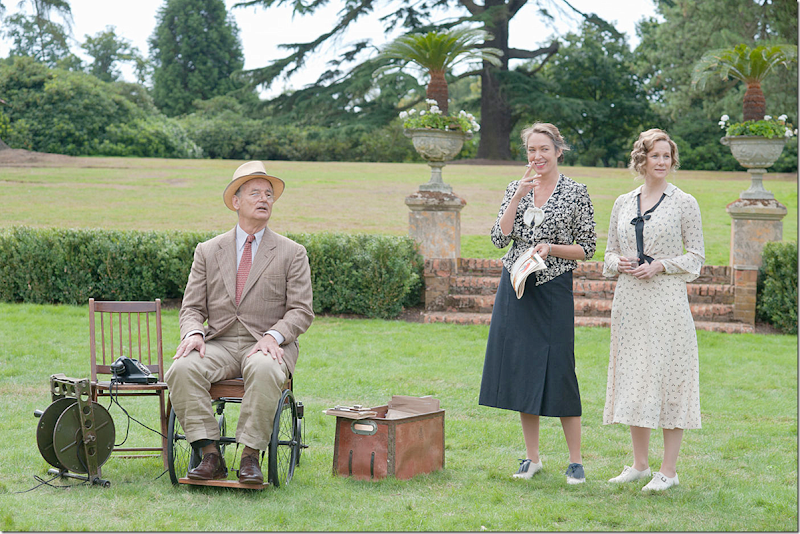
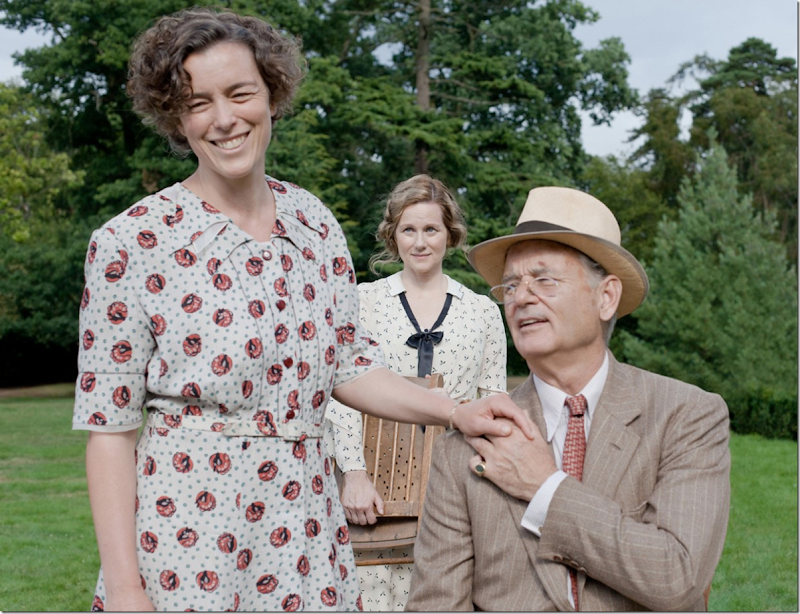


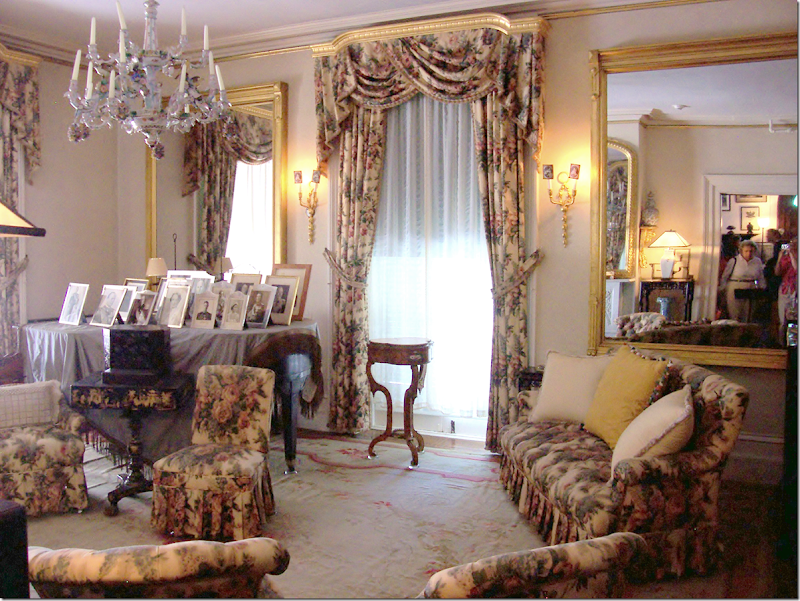
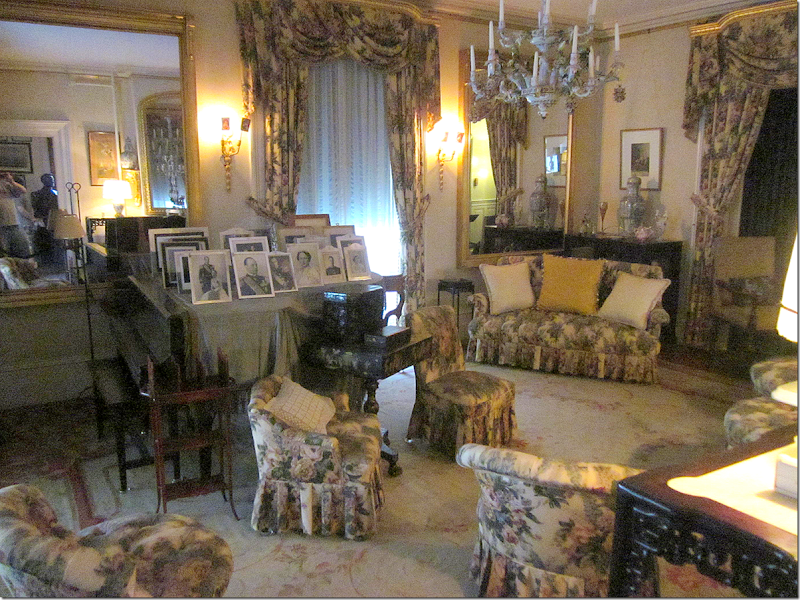



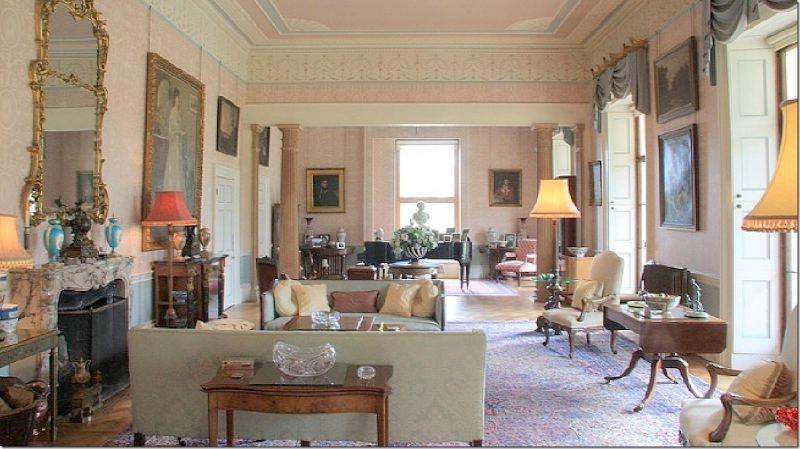
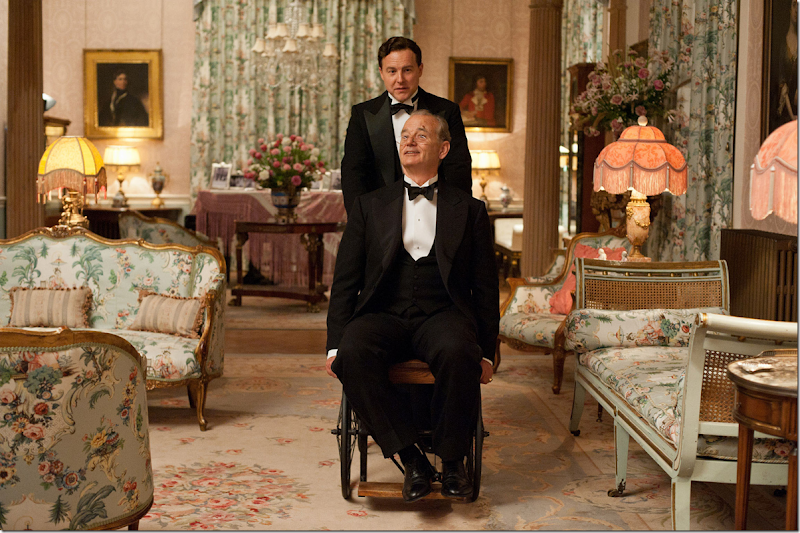
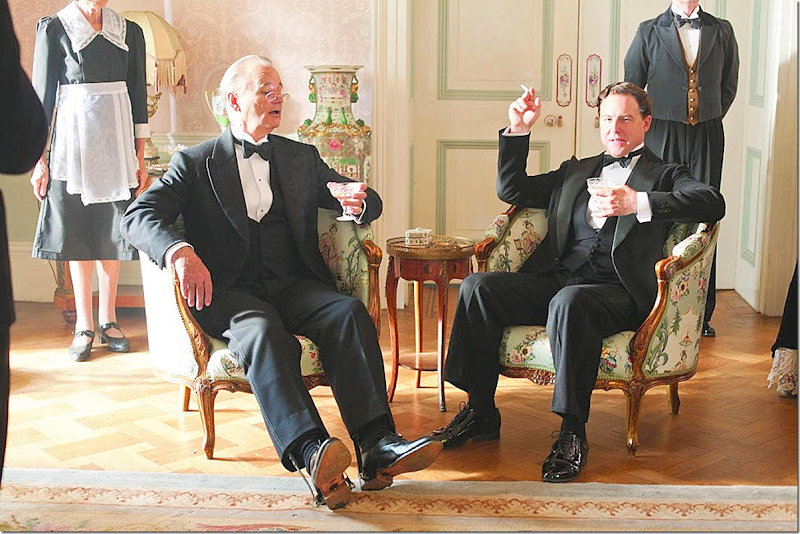
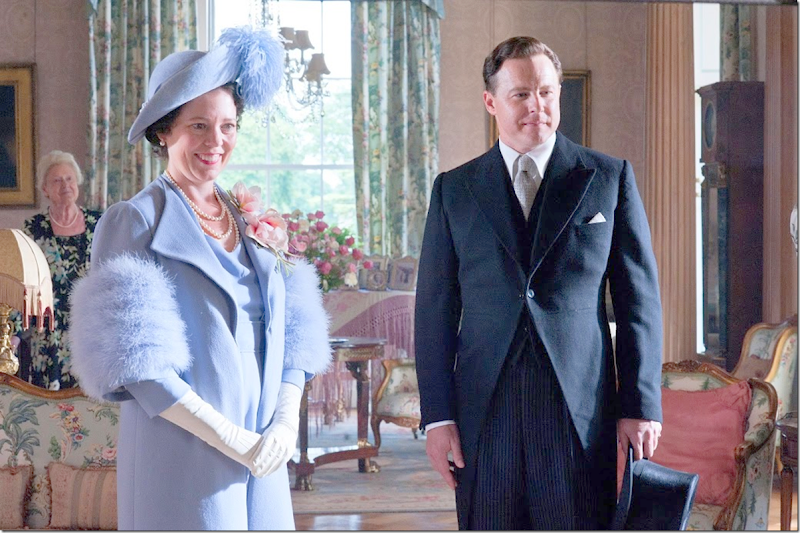
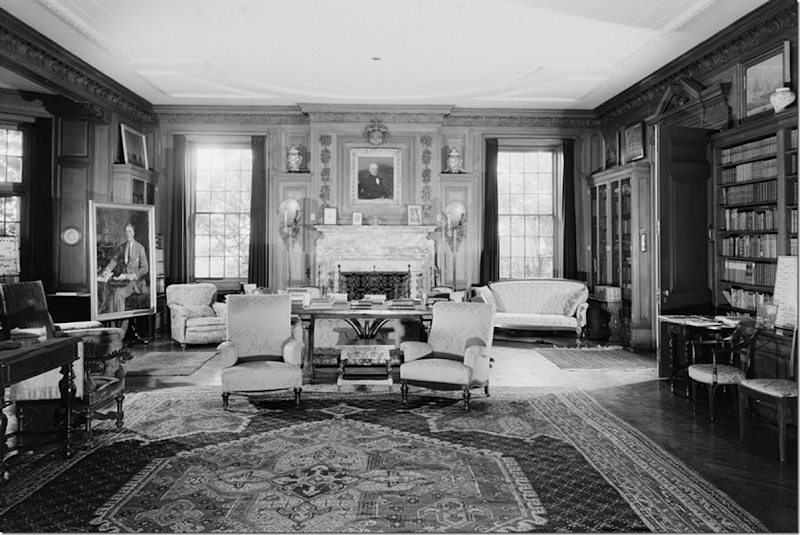
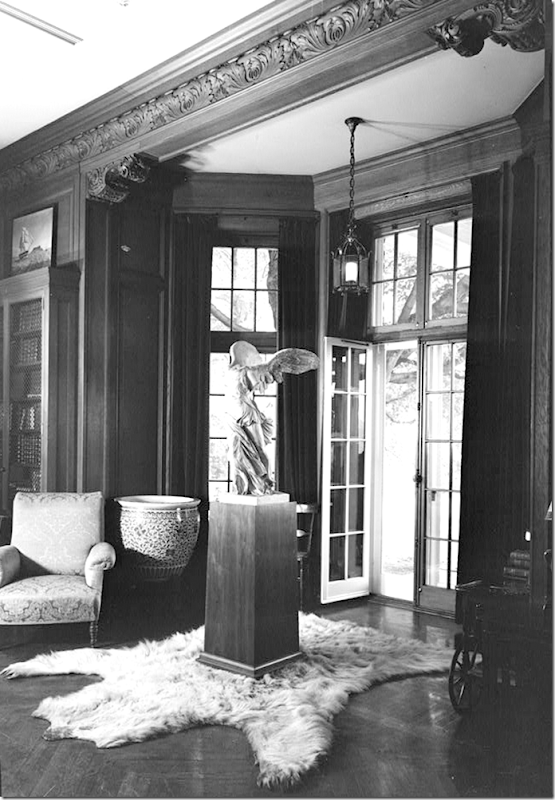
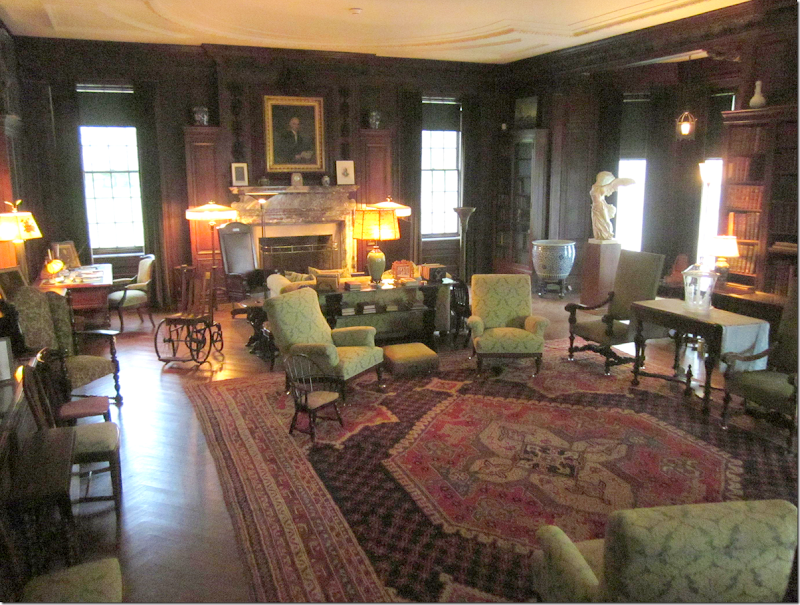



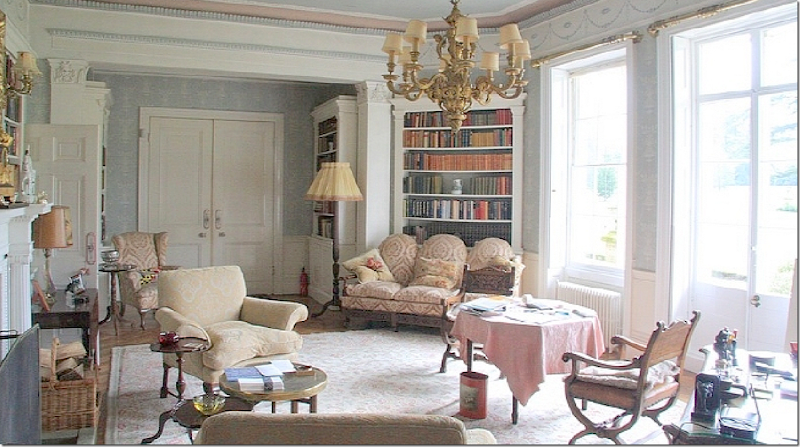
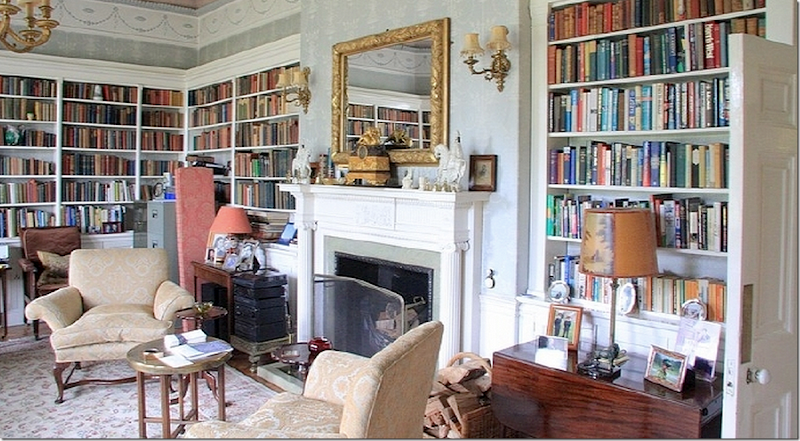


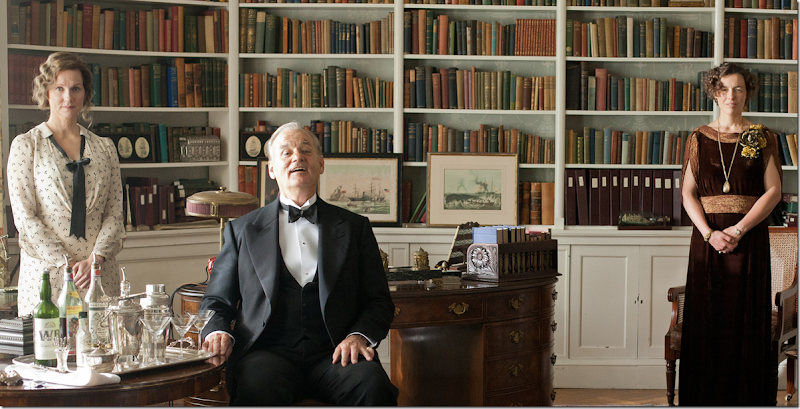





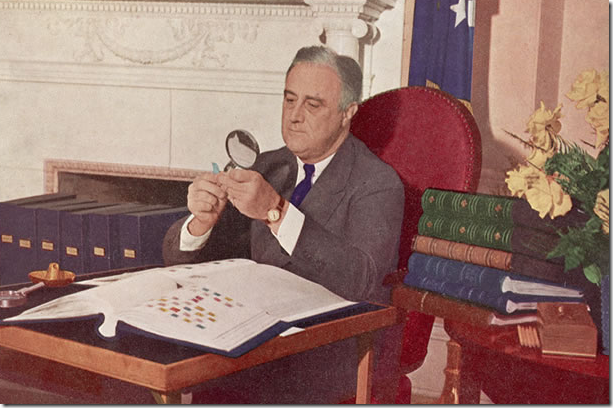

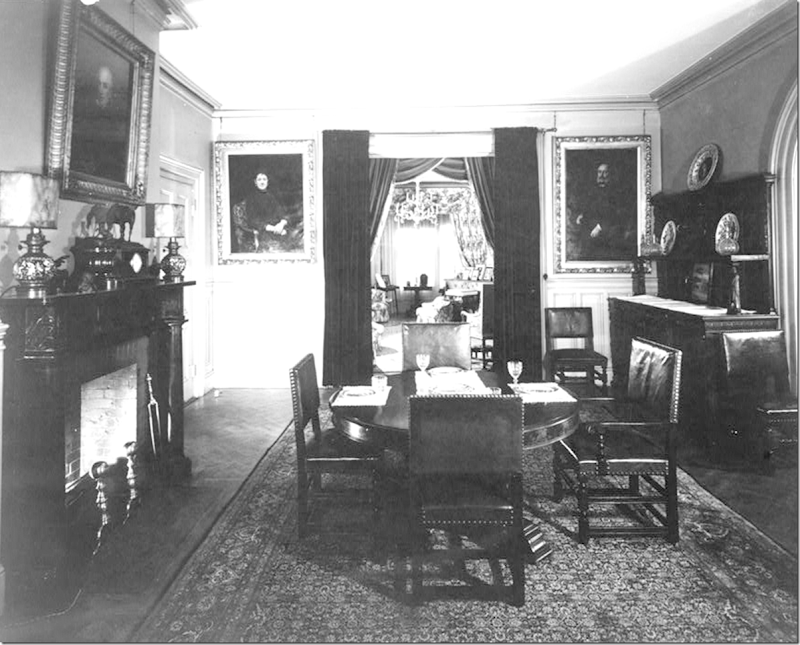
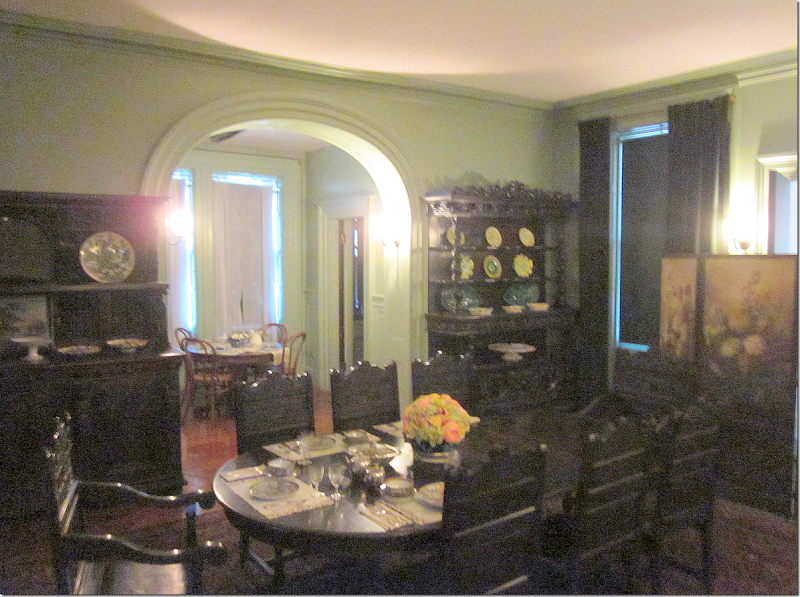




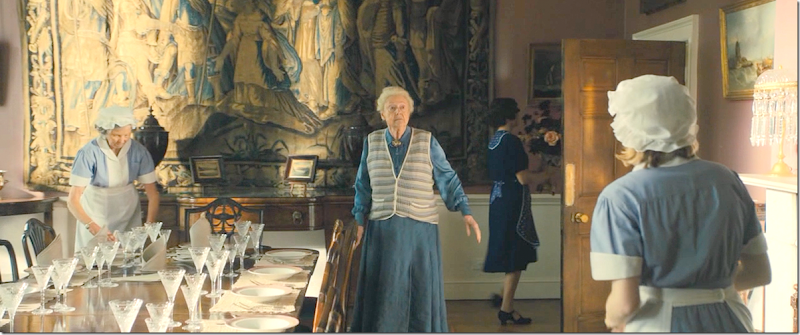
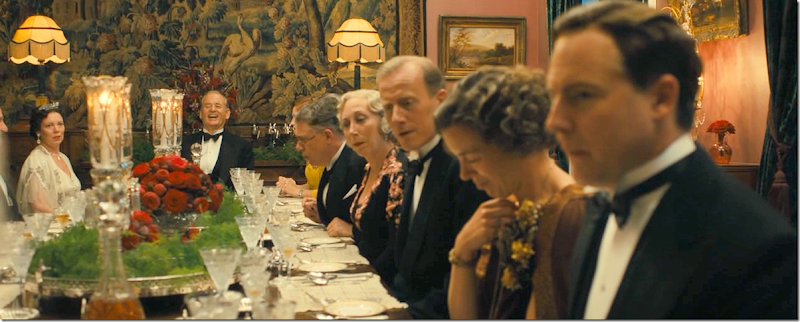



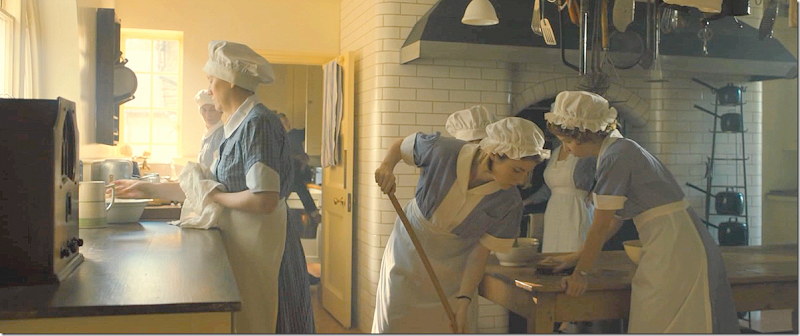
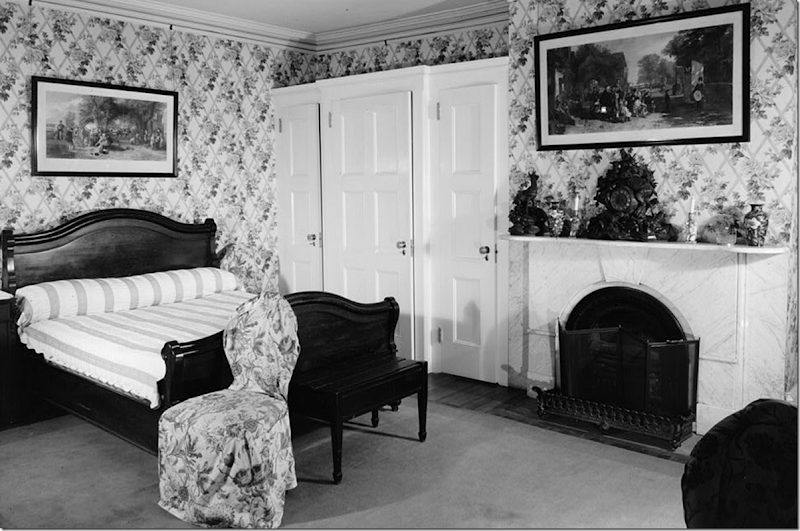

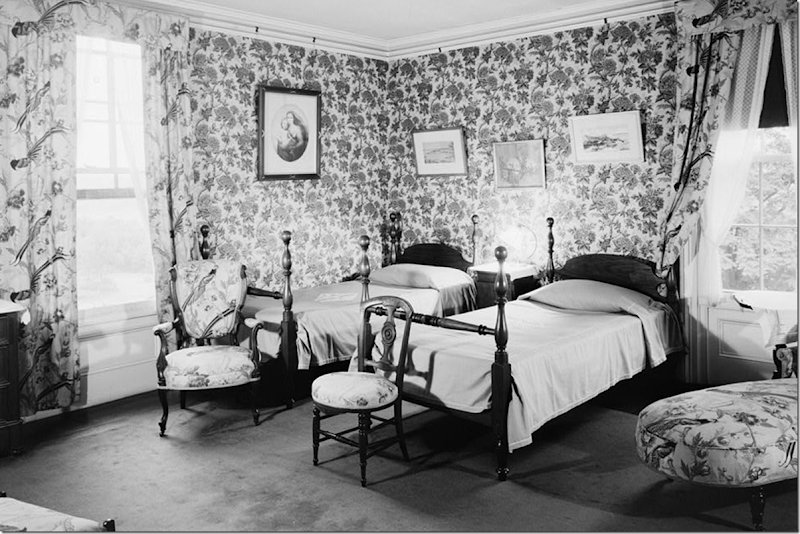

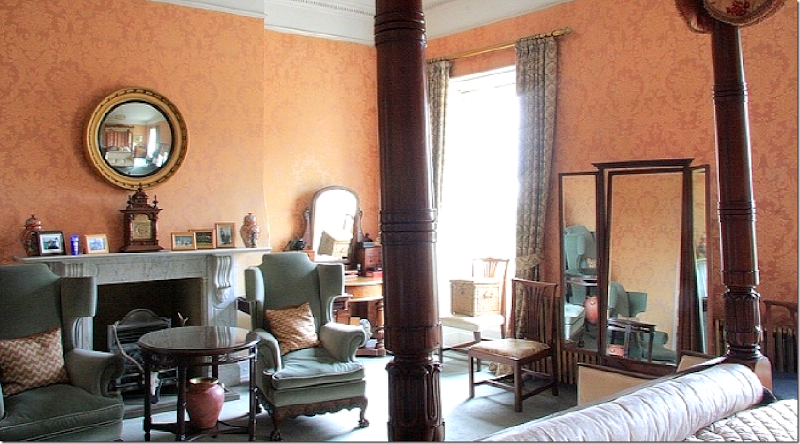









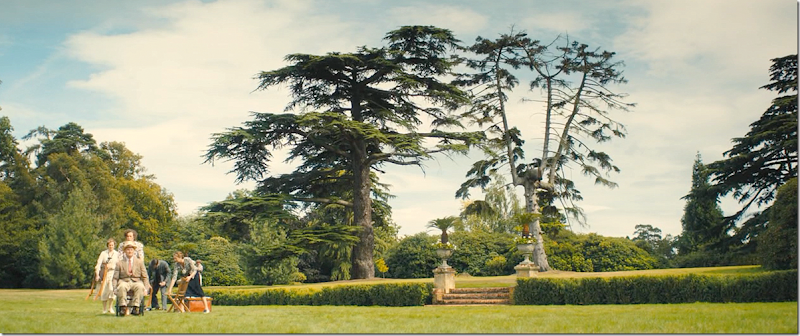
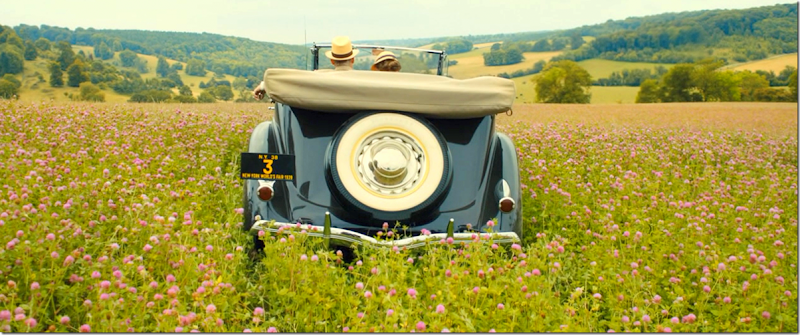
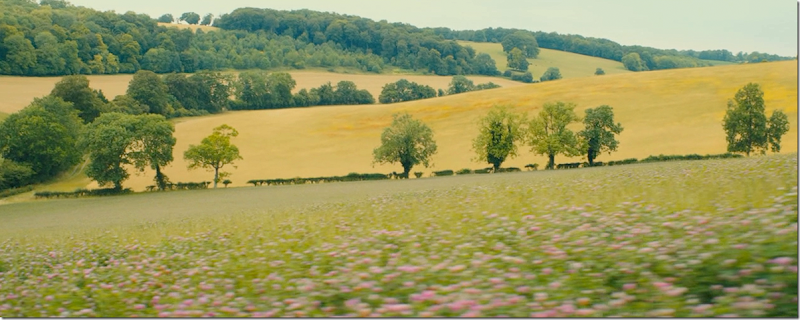

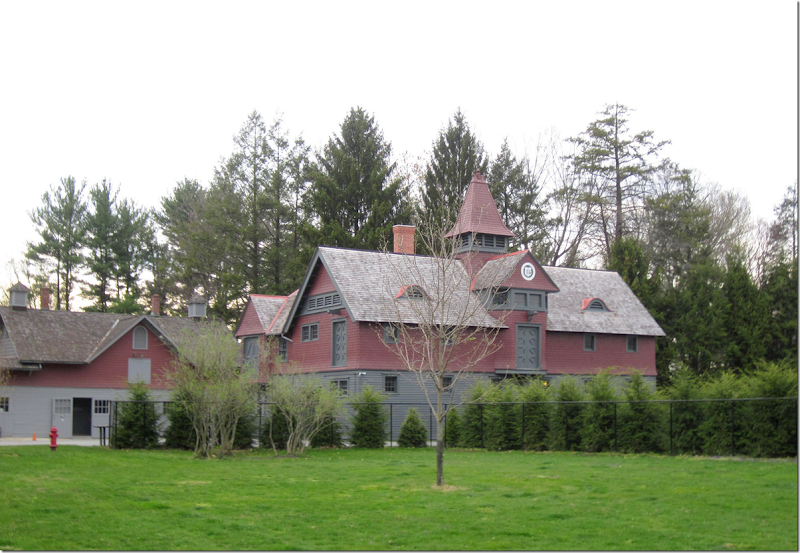
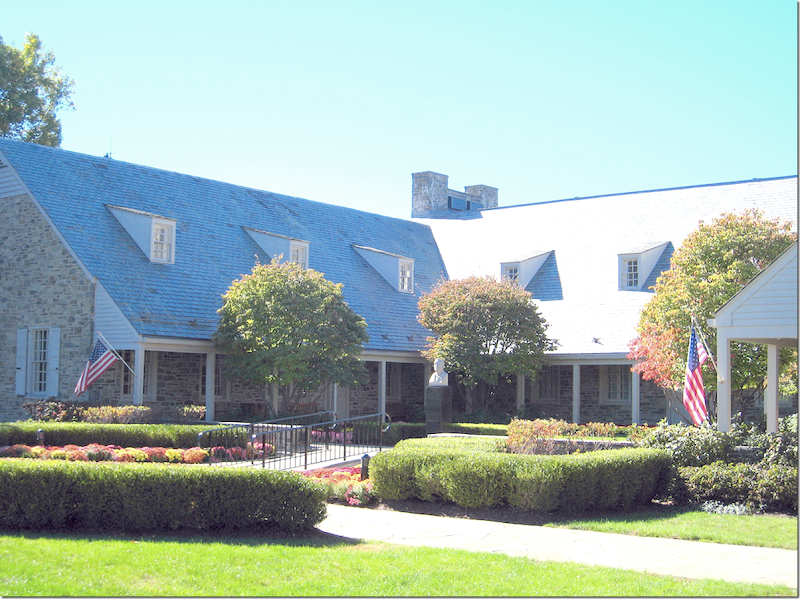


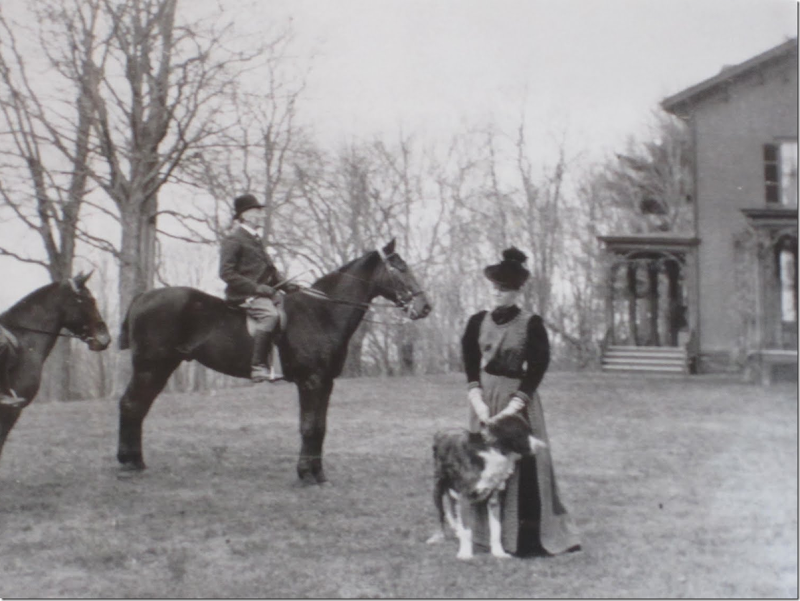
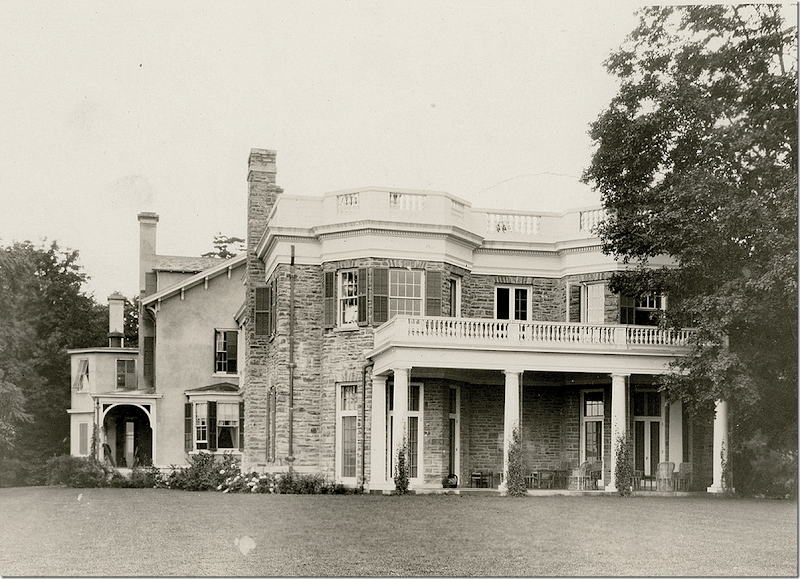

![image_thumb84[1] image_thumb84[1]](http://lh5.ggpht.com/-YXhbV9EPUGI/Uv34a3yQV2I/AAAAAAACRG4/Pjho8h0u9Zw/image_thumb84%25255B1%25255D_thumb.png?imgmax=800)
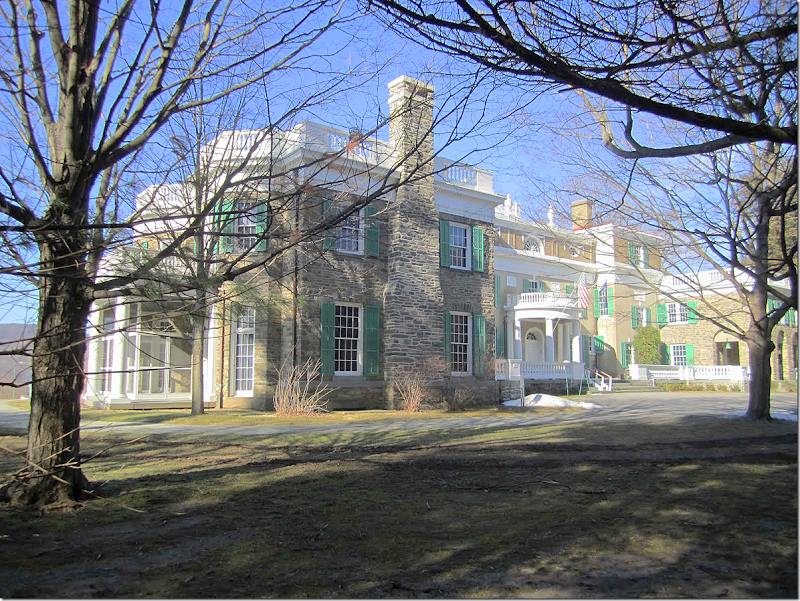

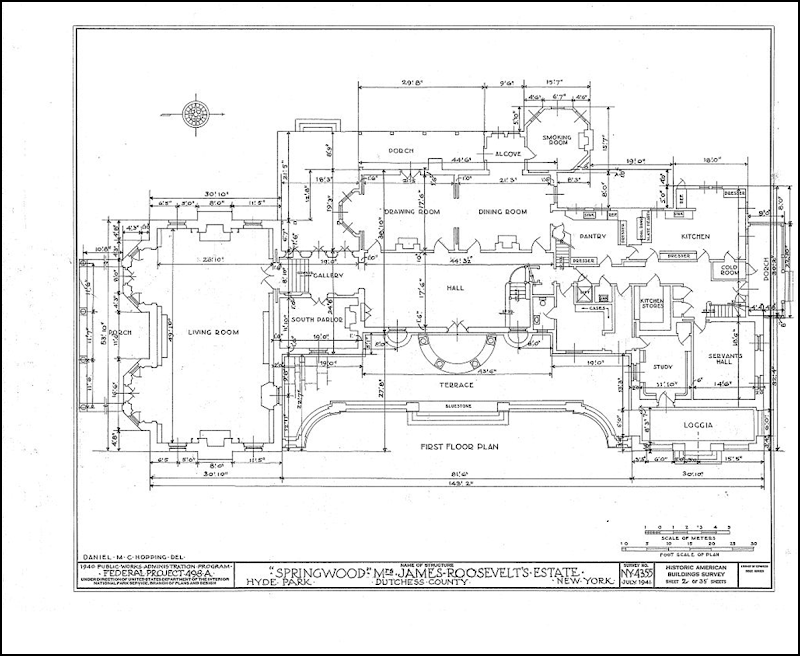
![image_thumb30[1] image_thumb30[1]](http://lh3.ggpht.com/-D1AHU7B9JdE/Uv34v2NaZEI/AAAAAAACRH4/XaIpC2LkRv4/image_thumb30%25255B1%25255D_thumb.png?imgmax=800)
![image_thumb18[1] image_thumb18[1]](http://lh6.ggpht.com/-BTBkVfnf_fw/Uv34y9SVocI/AAAAAAACRII/_l4LPKMBgSo/image_thumb18%25255B1%25255D_thumb.png?imgmax=800)

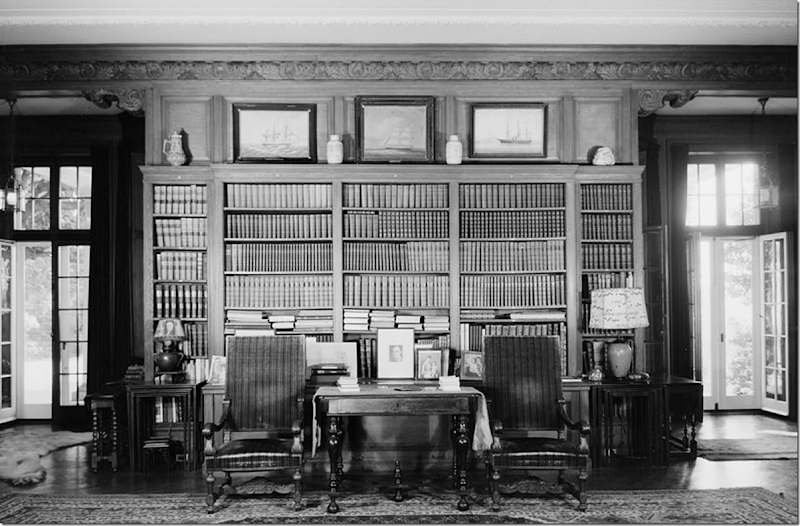

![image_thumb31[1] image_thumb31[1]](http://lh5.ggpht.com/-NlA7bmzIr5g/Uv35BKGj1BI/AAAAAAACRJI/m3NK-ylZG5U/image_thumb31%25255B1%25255D_thumb.png?imgmax=800)
![image_thumb71[1] image_thumb71[1]](https://blogger.googleusercontent.com/img/b/R29vZ2xl/AVvXsEgTj_uygdBHxfi4oXdaMfyA9cBR4EuxjTdxPEvh8N2lg6n9lLZ140dIJKG30CVRxoj7jrLSc4wqwcvn1Iunc-6OBOTVNrpCkCZYx6HbnJfRJvVFwxuilRbjspmjhmKUj0rEM4Z3d2WVhsM/?imgmax=800)
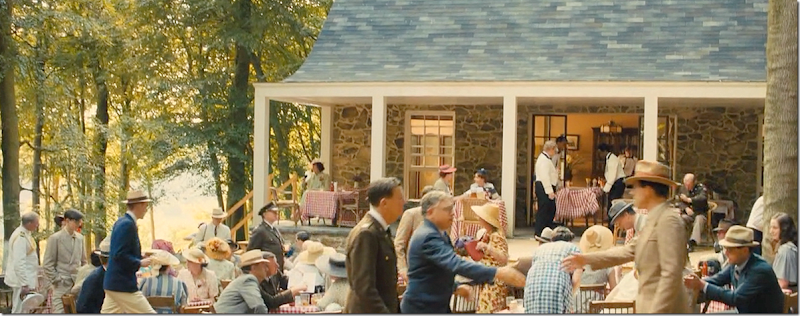

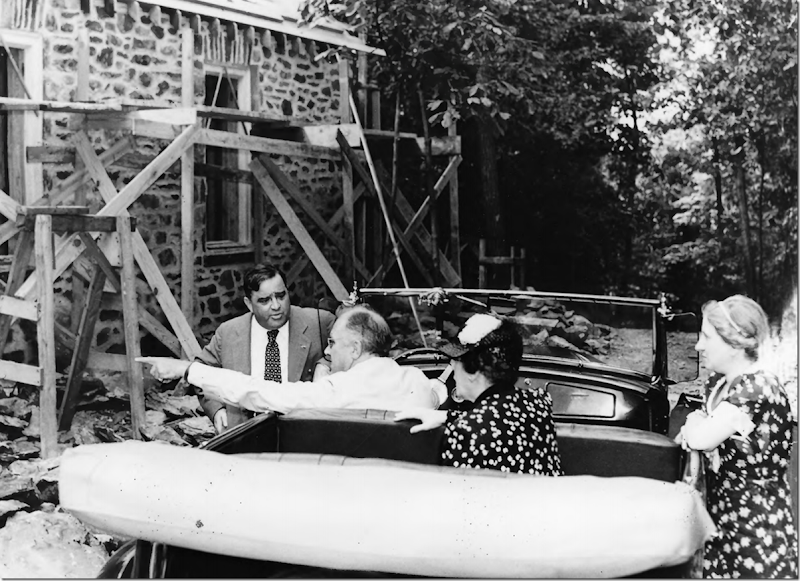
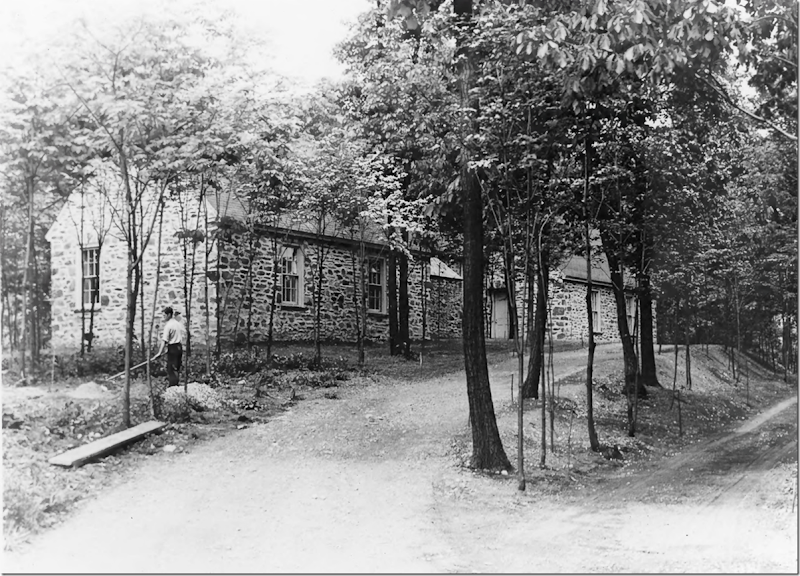
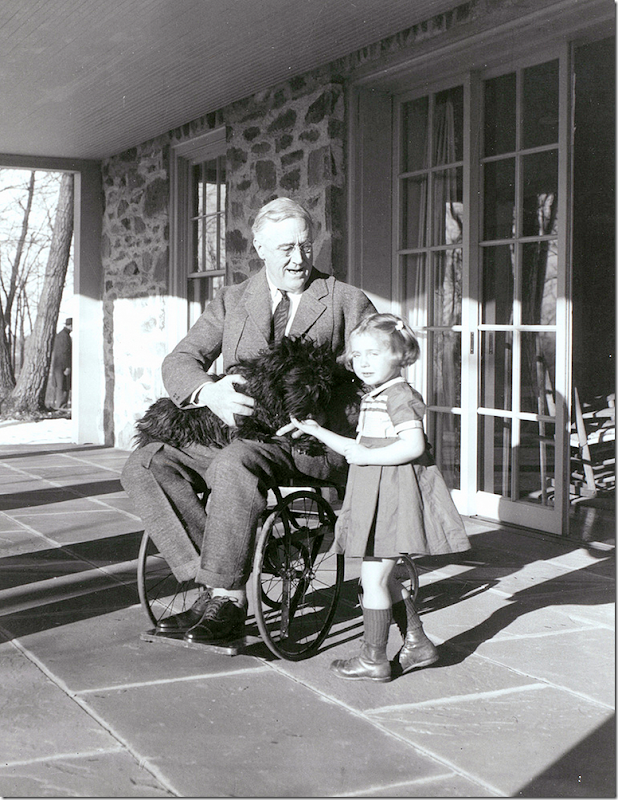


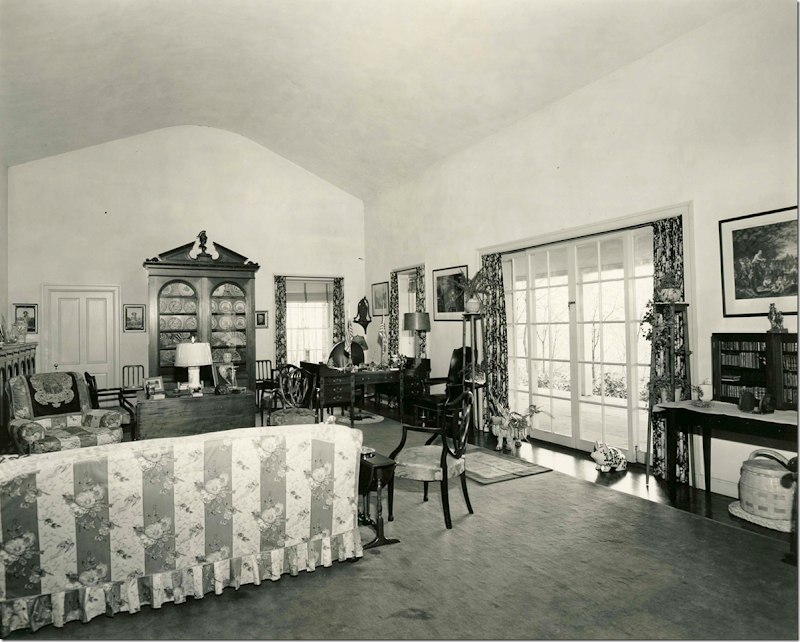
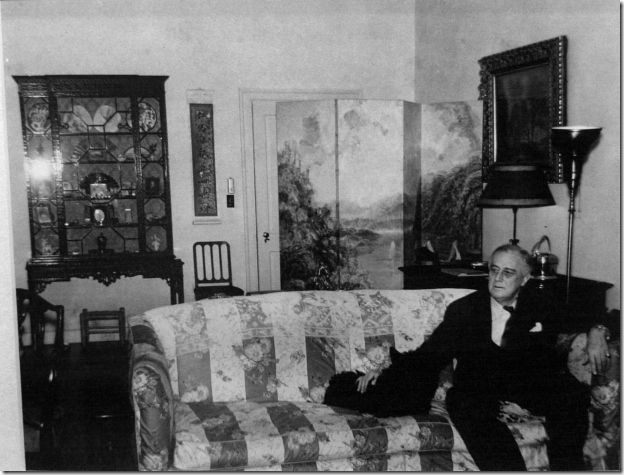




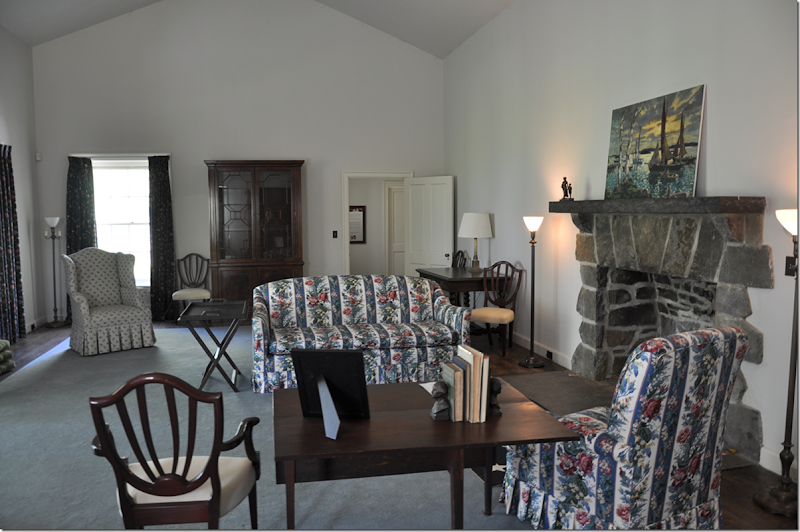
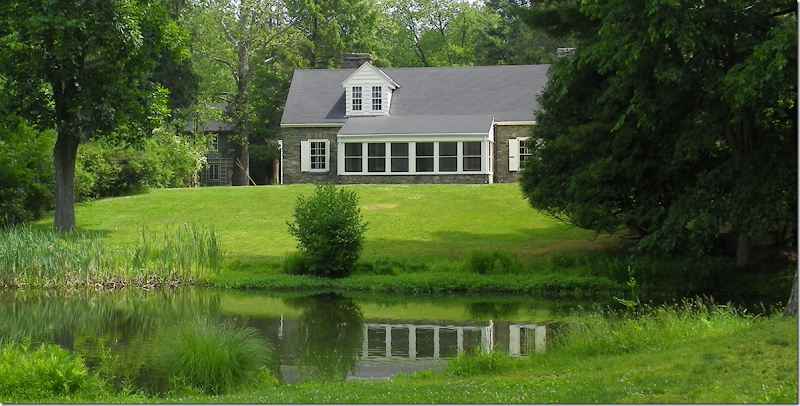

![image_thumb38[1] image_thumb38[1]](http://lh3.ggpht.com/-aKzNBGCjAwE/Uv36Hg_3qXI/AAAAAAACRNo/uOSgsTBdrwg/image_thumb38%25255B1%25255D_thumb.png?imgmax=800)

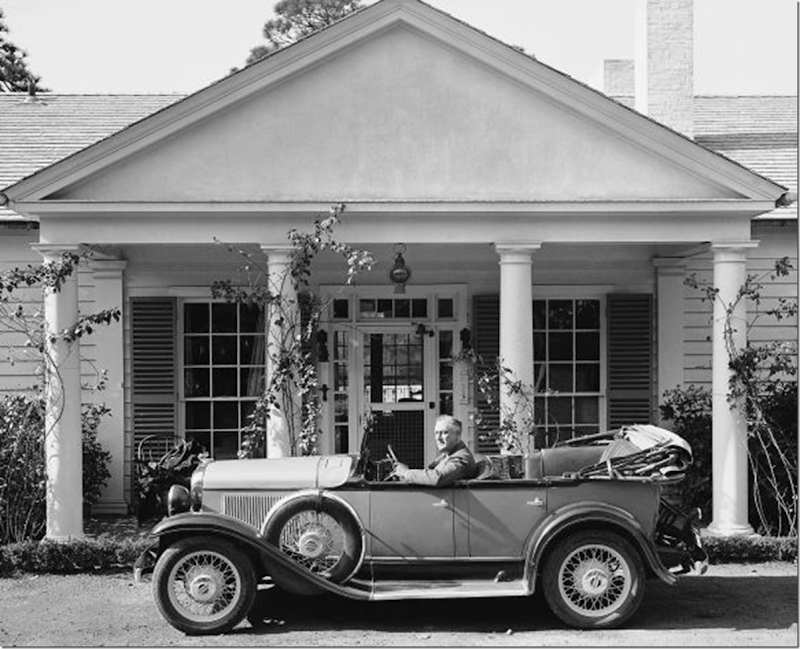

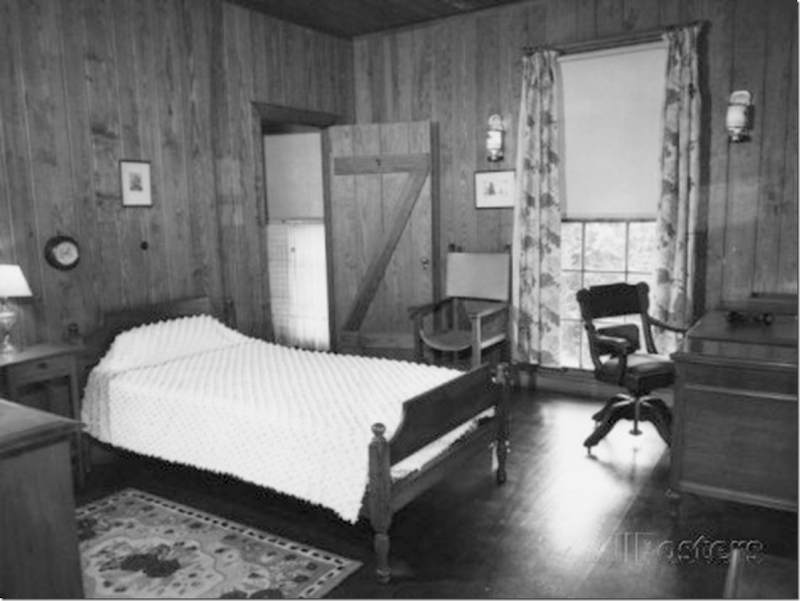
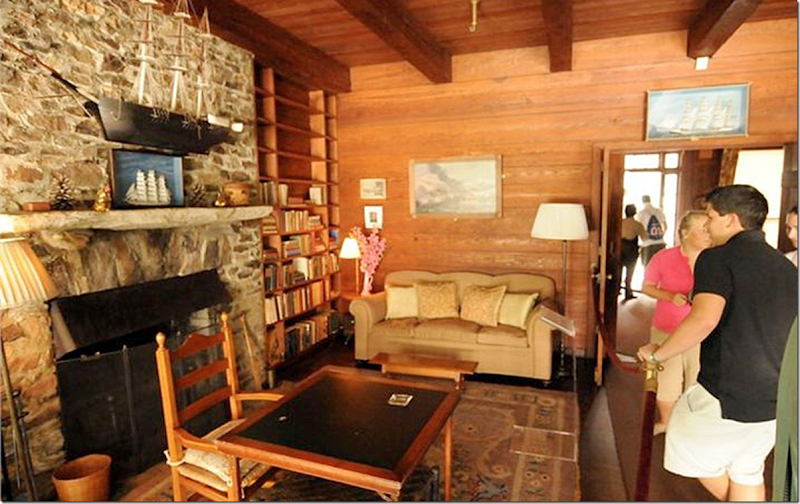
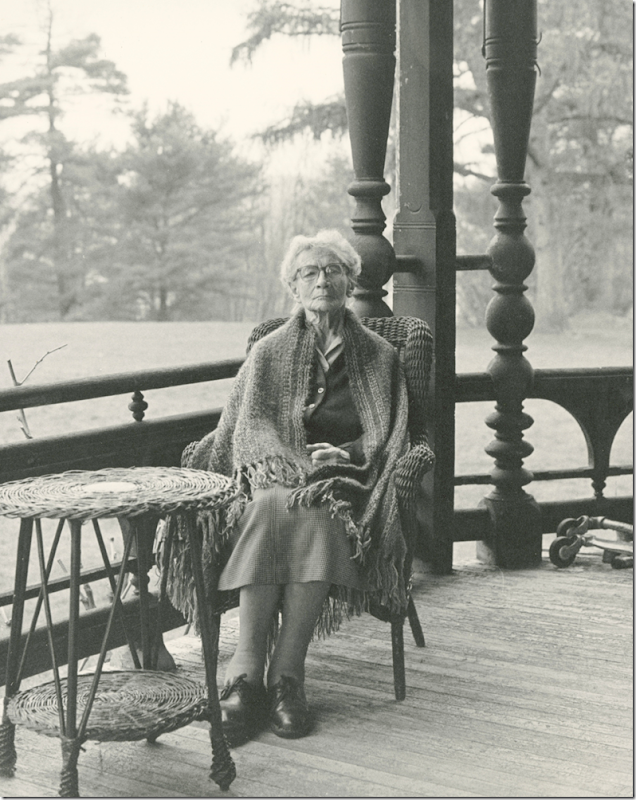
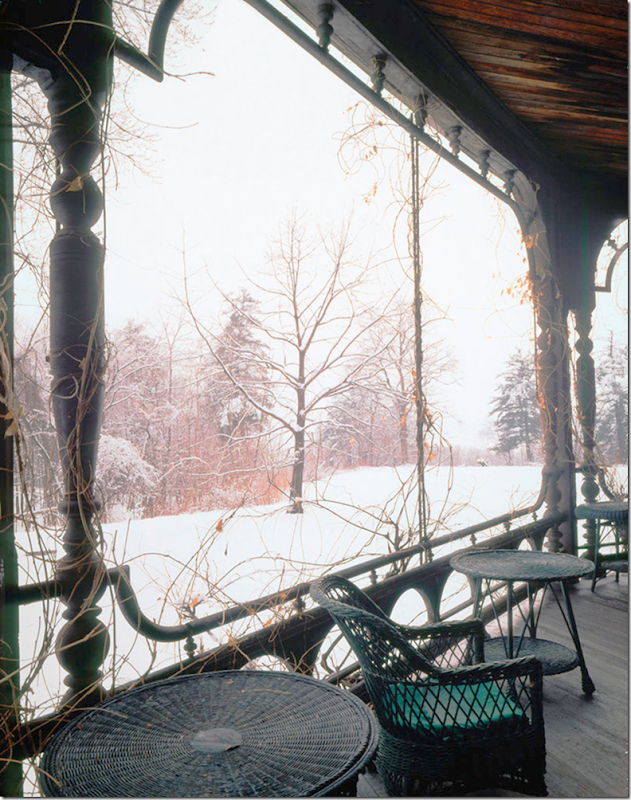
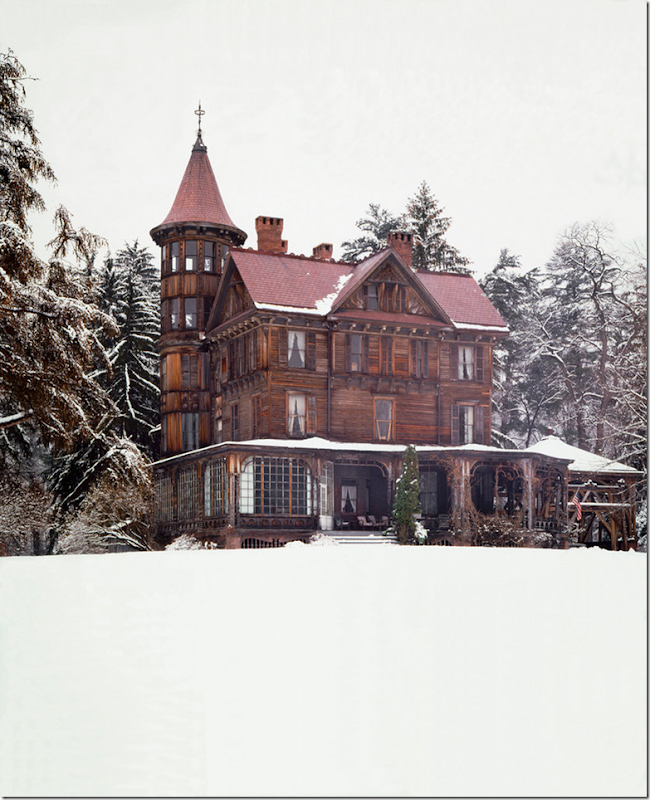
![image_thumb49[1] image_thumb49[1]](http://lh6.ggpht.com/-dEjM41C9sd0/Uv36tbLvIZI/AAAAAAACRP4/yKIeX1U0cZQ/image_thumb49%25255B1%25255D_thumb.png?imgmax=800)
![image_thumb86[1] image_thumb86[1]](http://lh6.ggpht.com/-96ftwfWxk3A/Uv36xSBvHGI/AAAAAAACRQI/Bd9mf9QdrXA/image_thumb86%25255B1%25255D_thumb.png?imgmax=800)
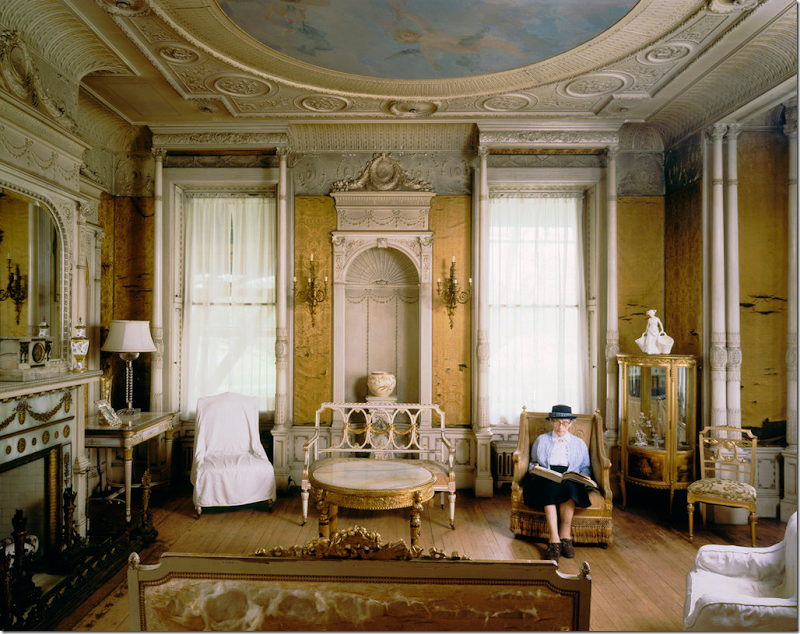
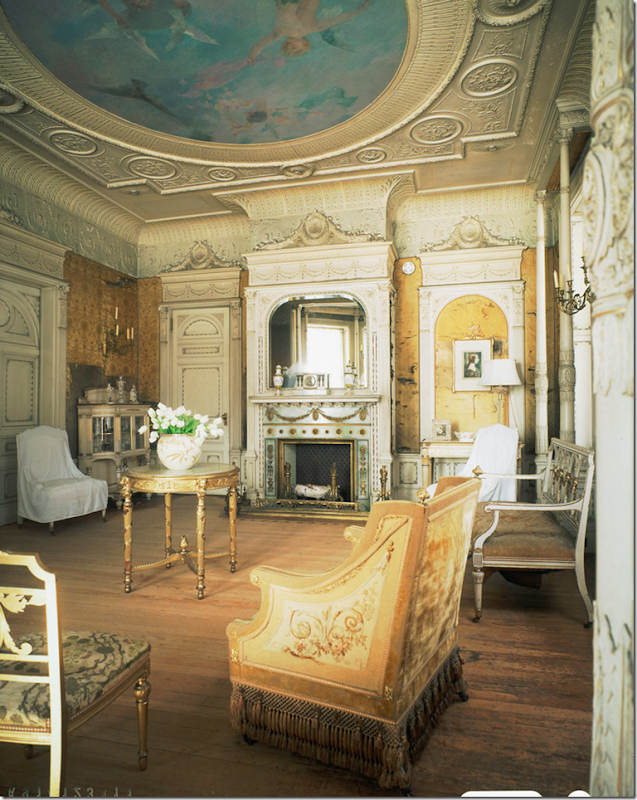

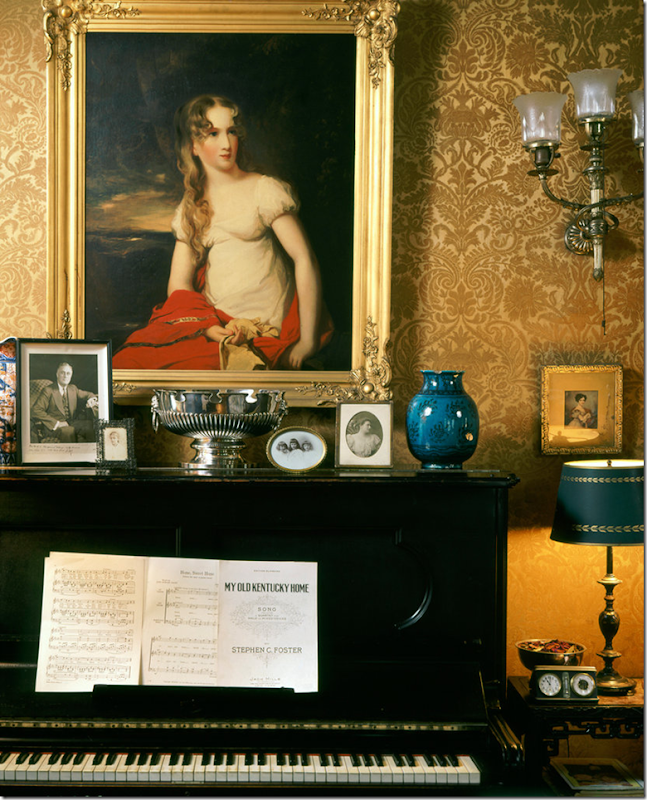
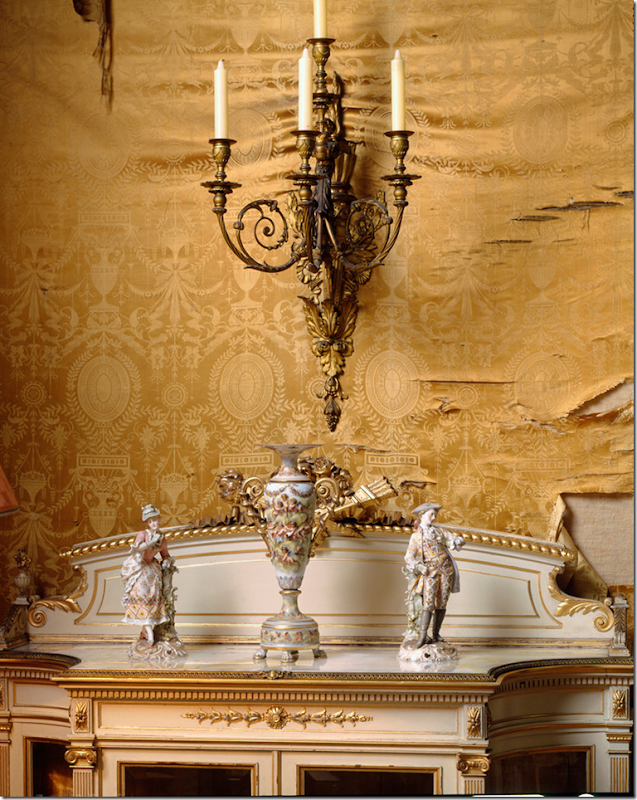

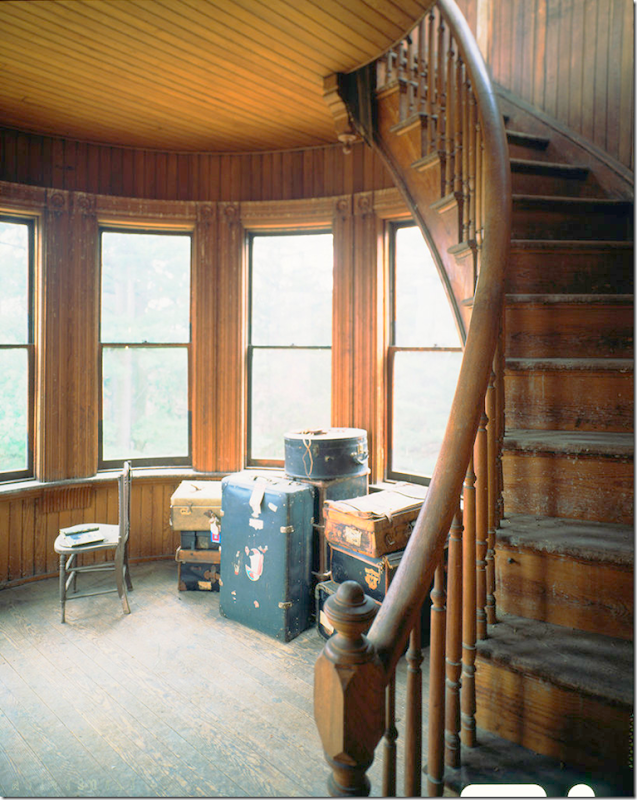


Well done Joni! I need to watch the movie and enjoy another coffee as I peruse this post slowly and thoroughly.
ReplyDeleteAll of the comments from the previous two days have been removed. Karena must be disappointed she wasn't first in line.
ReplyDeleteGod, I had a horrible issue with Blogger/feedburner not updating so i had repost this about 50 times. BUT, I think I finally fixed it for in the future! yeah!!! anyway - i'm not sure Karena actually left a comment before though. i'll check and let you know cuz i know you care so much!
DeleteOopsie, sounds like Valentine's Day didn't get off to a great start. Hope it improves "cuz" we really do care!!
DeleteGob Smacked! Wow. You are a truly a Design Sleuth Joni! A veritable "Sherlock Homes" (See what I did there?! :-) ) Happy Valentine's Day! xxSP
ReplyDeleteGreat job, Joni. I love between-the-wars decorating, especially when it's done in a big house with a big budget and not much desire to impress. That's the advantage of having had plenty of money all along: you don't need to continually remind people that you have it NOW. Everything's had time to mellow so that nothing stands out. Nothing puts people ill-at-ease like room full of pristine furniture looking as if it just came off a truck.
ReplyDeleteAnd thanks for posting those wonderful photos of Wilderstein. I first saw them somewhere a while back--could Mitch Owens have had something to do with it?--but till today, I couldn't track them down because I couldn't even remember the name of the house. I must have totally overlooked the FDR connection at the time.
What a wonderful, well-researched post! I saw the movie a few weeks ago and was completely intrigued by the homes (exterior and interior). Thanks for answering all my questions and then some.
ReplyDeleteERG
Truly amazing and so entertaining. Thank you for posting!
ReplyDeleteANother great indepth study of movie houses! Love it! I saw this movie several months ago. I loved Bill Murray's performance. I wanted to love the movie but that one scene...just made me feel ill. It was in such poor taste. But loved everything about the royal couple coming to visit. The movie made FDR out to be a bit uncaring and a womanizer. You felt Daisy had been duped. So there were things I didn't like about it. I had no idea it was filmed in England. That makes so much sense because I really didn't think the countryside looked quite right. Now I know...it was because it was England!
ReplyDeleteJoni, this was absolutely fascinating! I can't believe the research that went into this! I read it, but I want to study it at length.
ReplyDeleteI have a couple of things I want to share with you. My father was a delegate to the Democratic National Convention during Roosevelt's tenure in office. I have a Roosevelt campaign button as well as my dad's actual bronze badges from the conventions during those years. They are in the bank for safe keeping. My mother's father was a huge fan of Roosevelt's and loved the Fireside Chats. Grandaddy loved his voice and felt very comforted by it. Well, when I was in graduate school and studying Roosevelt, my major professor remarked that Roosevelt's advisors tried to talk Roosevelt out of doing the chats because he had such a Patrician voice that they felt the average American would feel that he could not identify with the plight of the little man. Roosevelt said that was nonsense, that they knew who he was when they elected him and that he would do his own chats! Turns out the president was correct because when the people heard him speak they felt safe because he did have that Patrician voice, and it was felt he was talking for the heads of industry and government.
I want to recommend a book to you... MORNINGS ON HORSEBACK. It is the story of Teddy Roosevelt's life, and he was Eleanor's uncle. It is fascinating and an excellent look at her side of the family. Eleanor's father was an alcoholic, but he had a strong sense of noblesse oblige learned from his own father. Mittie was Eleanor's grandmother and Teddy's mother from Georgia. I don't want to tell you any more about it, but it really is fascinating. And I adore Eleanor's Roosevelt grandfather who is Teddy's father. I am distantly related to FDR on my father's paternal line. We share a common ancestor from New England.
Thanks for always sharing your research with us. I just loved this! I am also a huge fan of the Royal Family and these two royals in particular.
xo
Sheila
You seemed to have forgotten that your beloved "Franklin" embraced "ole Joe" (Stalin, who murdered millions of Russians in the revolution), after his infamous meeting in Gibraltar. While FDR was beloved by many who suffered during the great depression and bought into his socialist programs, he was never the leader during WWII that Churchill was. He stood by and watched as thousands of Jews were marched to their deaths before being forced into the war when Japan attacked Pearl Harbor. This is not a man about which movies should be made. I so hope your trinkets increase in value. I certainly would not put them in a lock box as I seriously doubt people who understand history would care to have them.
DeleteThank you for your excellent article. I now have 2 movies and several books to read! I love sleuthing as well! Well done.
ReplyDeleteVery knowledgeable blog information and pic, I like this.
ReplyDeleteBlinds Shutters London
Joni - what a superb post! I love how you put so much research and energy in each post. I always read each post several times to make sure I soak it all in.. Regarding your point about using certain houses out of all the homes in England is a good one. but I have a friend who rents out his flat for movie and commercial shoots and apparently the damage is quite severe with cables and people breaking things etc that half the cost is purely for damages! But also so many English homes have issues with letting out for filming for this reason and the cost to fix would be over the insurance limit hence there is much reluctance to use as a film set. Plus there are issues of privacy with some old families as well. Really enjoyed this very much.
ReplyDeleteMarvelous entry. Such interesting points and great illustration with screen shots. Hyde Park is right in our backyard, so this is a great entry to see. Great points of interest here to regarding the partially covered book case for the bedroom scene, and the change of rugs. Thank you so much for sharing,
ReplyDeleteMelissa + Dave
Quite the labor of love in this post, Joni! Seeing so many different old houses was fascinating, and I learned some history as well. Many thanks!
ReplyDeleteDid you know Eleanor Roosevelt and Sister Parish were related by marriage? Sister's husband, Harry, had an uncle and aunt, Henry and Susie Parish. Susie Parish was a cousin of Eleanor's mother, and helped raise Eleanor after her parents died.
ReplyDeleteVery Knowledgeable site for stuff !!!!!!!!!!!!!!
ReplyDeleteSpring Bed
Very Knowledgeable site for stuff !!!!!!!!!!!!!!
ReplyDeleteSpring Bed
Joni - the LAST thing you should do is apologize that this is 'long'....that's what makes your blog and entries FABULOUS! I delight in reading something that isn't a blurb. I've already read this once in
ReplyDeletefleetingly.....but now I have my morning coffee and I'm going to savor it!
Note to deco magazines: try to write something more substantial - tired of just flying through the article in seconds. Your extensive and well researched articles are JUST the thing we're looking for! I applaud you.....it lifts your blog above so many others, because we're there to READ about things. And to the people who can't put the time in it - they'll fly through it and draw out what they want........but at least you give us a choice! THANKS so much for your efforts, Joni.
Thank you for your extensive writing and posting about FDR. I am a Roosevelt collector/historian/impersonator and found your extensive article most interesting. It was son Elliott Roosevelt who lived at Top Cottage after FDR died to be near his mother Eleanor at Val-Kill. It was he who enclosed the porch. I sought out and 'discovered' Top Cottage in 1999 when it was stilled closed to the public. Elliott sold the cottage to a member of the Potter family. The family owned it until 1996 when they sold it to the Open Space Institute (OSI). After renovations were done including restoring the porch to its original state the OSI turned it over to the federal National Parks Service (NPS). The NPS in turn opened it up to the public that same year. A story about Top Cottage, where the king and queen of England were served hot dogs probably for the first time of their lives: Once, when the cottage was being built, a contractor wrote to FDR and called it "Dream Cottage.' FDR was furious. He told his secretary to write him back to say if the man ever called it that again, he won't get paid! Lastly, this historical house has two significant aspects it it. First, it is the only house besides Thomas Jefferson's Monticello that a U.S. president designed. Second, the main floor is totally handicapped accessible. Remarkable for a building built in the late 1930's. Understandable for the paraplegic owner who someone once wrote, 'who couldn't walk but taught a nation to walk' during the Great Depression and lead the U.S. during most of WWII.
ReplyDeleteSizə uğurlar və xoşbəxtlik arzulayıram. Böyük bir yazı paylaşdığınızı bilirsinizmi?
ReplyDeletecửa lưới chống muỗi
cửa lưới chống muỗi Hà Nội
Vanskeligheter( van bi ) vil passere. På samme måte som( van điện từ ) regnet utenfor( van an toàn ) vinduet, hvor nostalgisk( van bướm ) er det som til slutt vil fjerne himmelen.
ReplyDeleteEe vun de interessant an interessant Artikelen. Merci fir den Deelen. Kuckt iech séier
ReplyDeletelưới chống chuột
cửa lưới dạng xếp
cửa lưới tự cuốn
cửa lưới chống muỗi
Angst verschwendet nur Zeit,( máy khuếch tán tinh dầu )sie ändert nichts,máy khuếch tán tinh dầu refeshener zusätzlich nimmt sie die( máy khuếch tán tinh dầu ) Freude und macht Sie immer( máy xông tinh dầu phun sương )beschäftigt, ohne etwas zu erreichen.
ReplyDelete